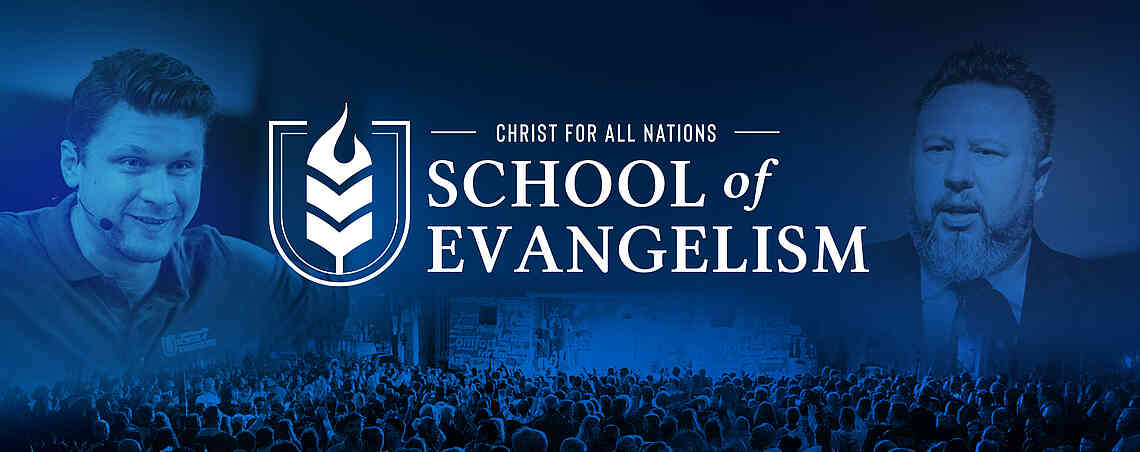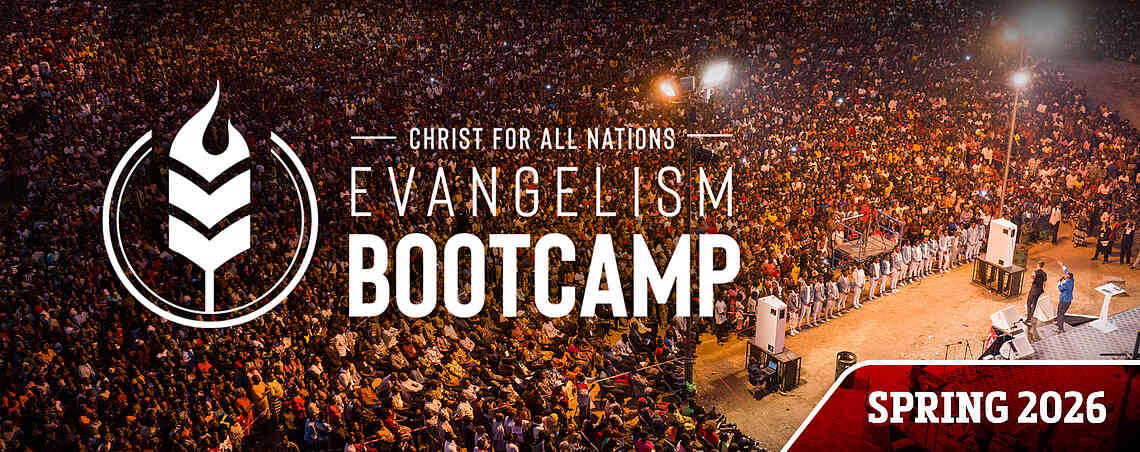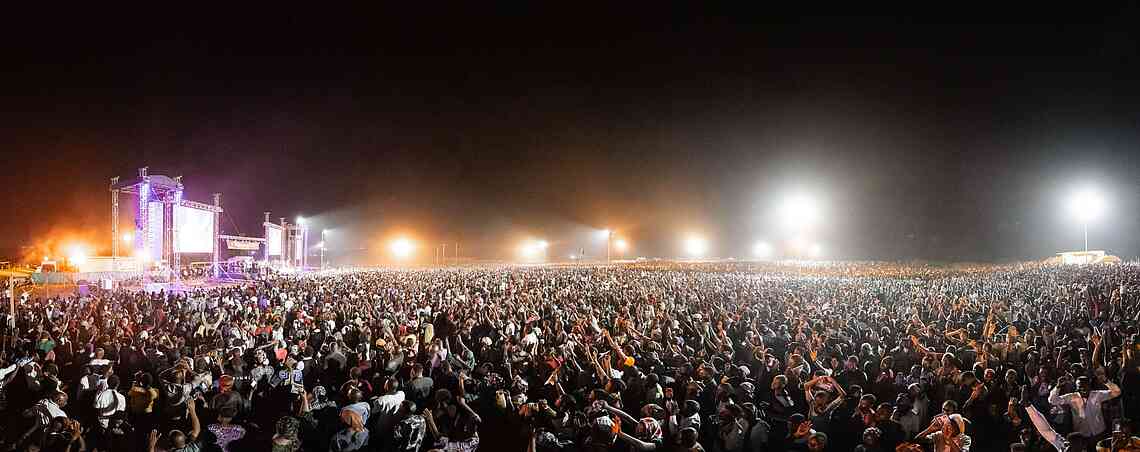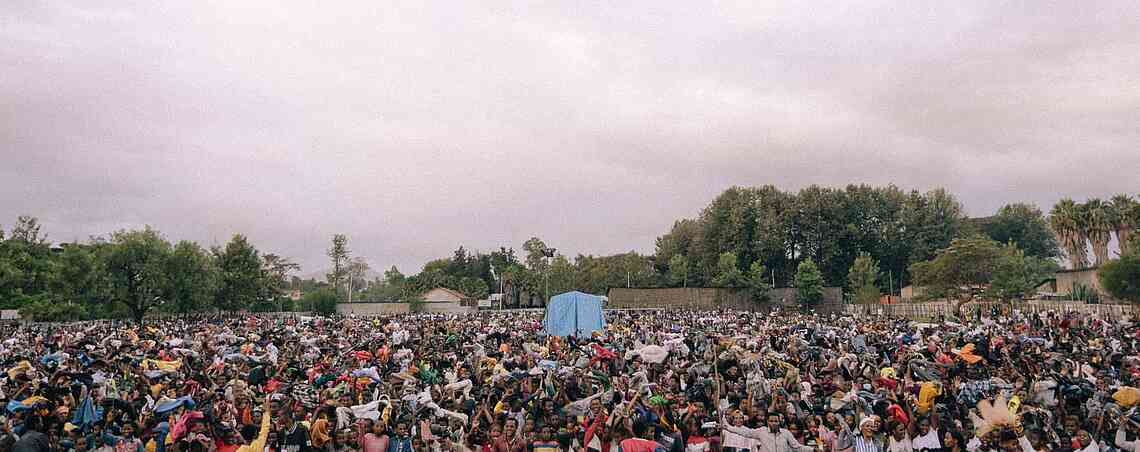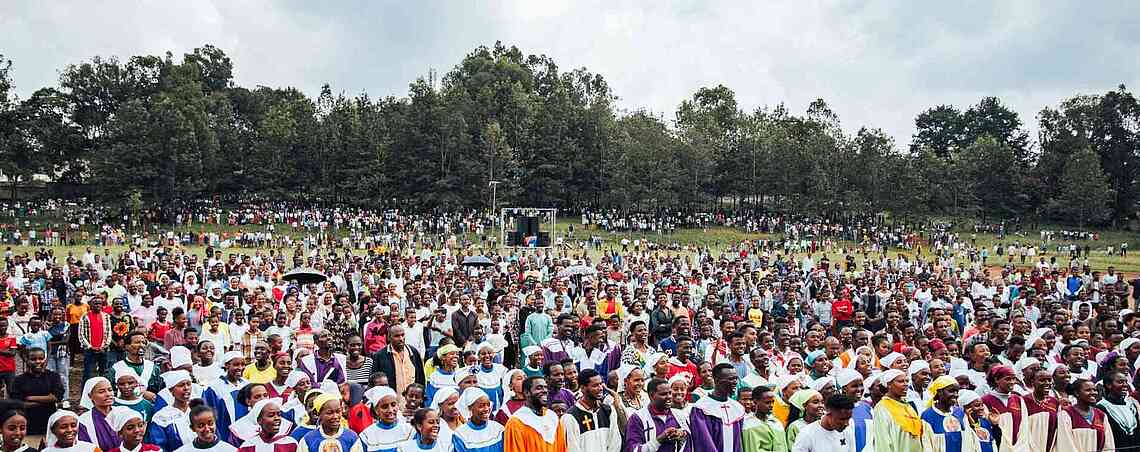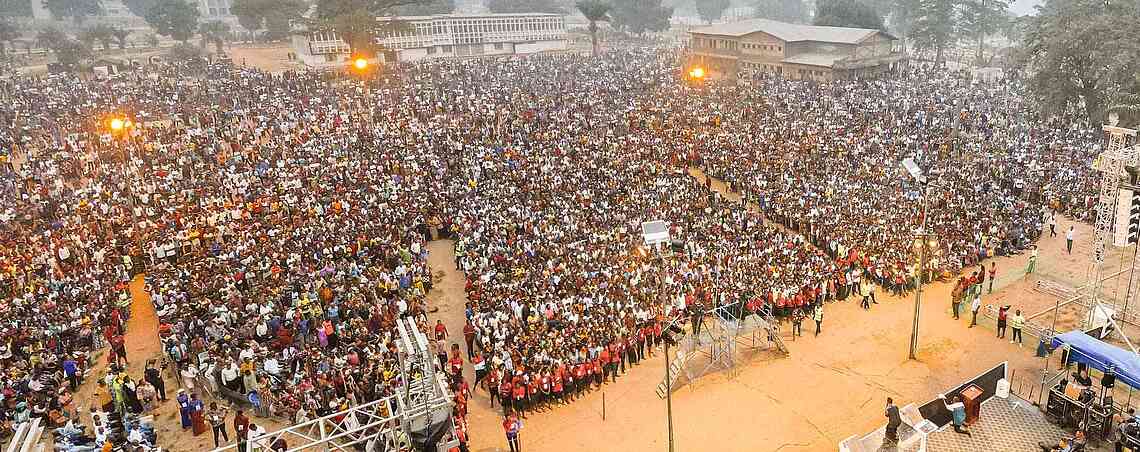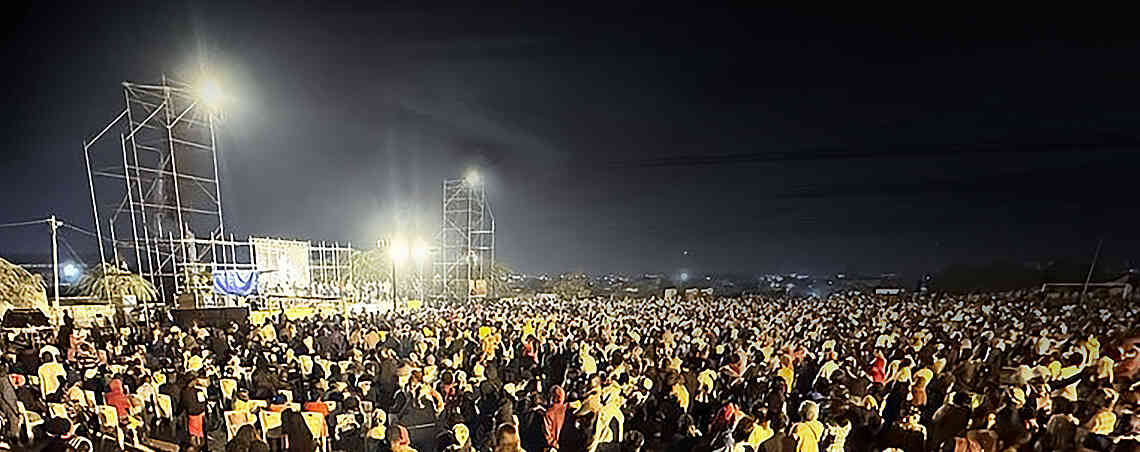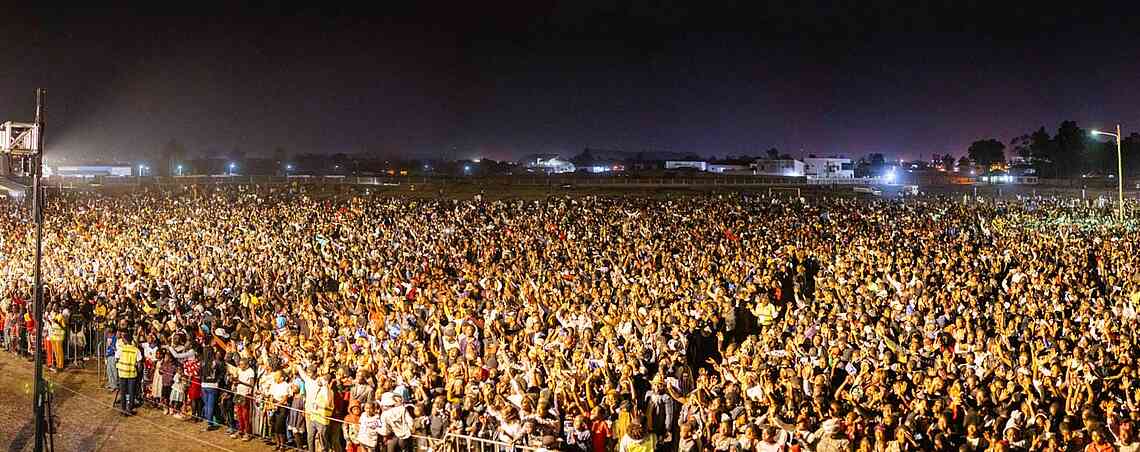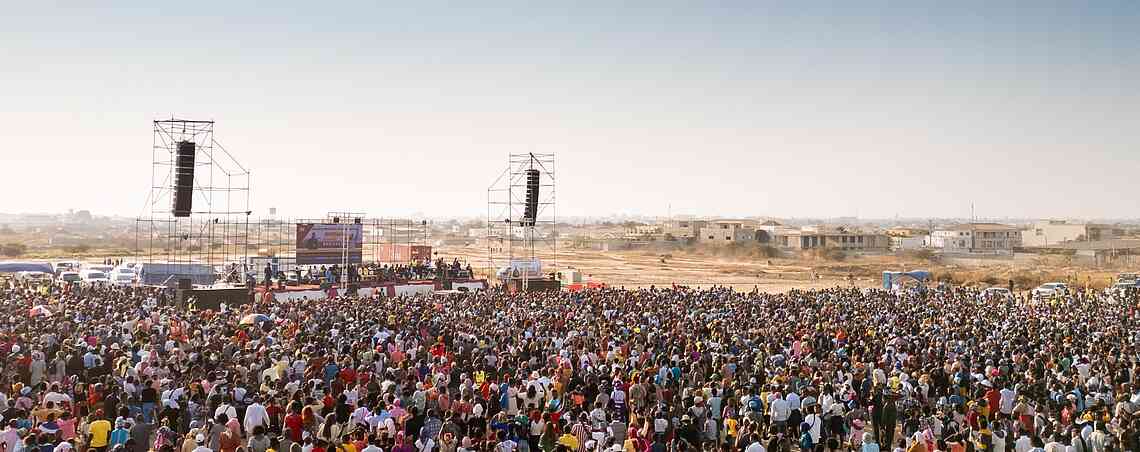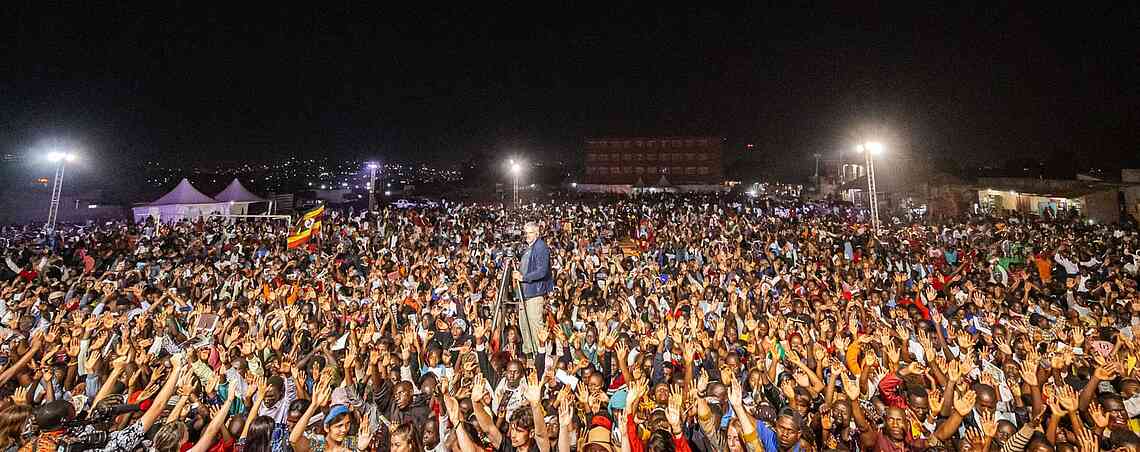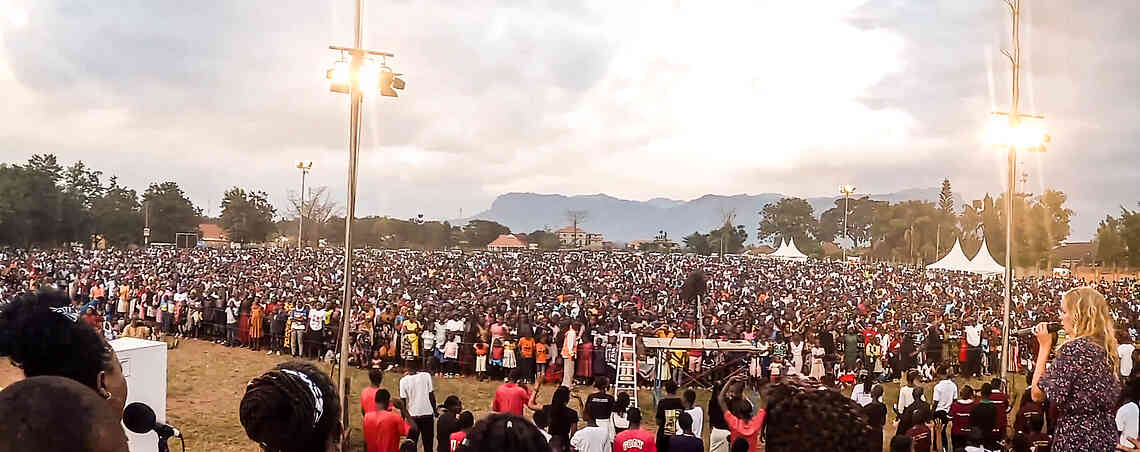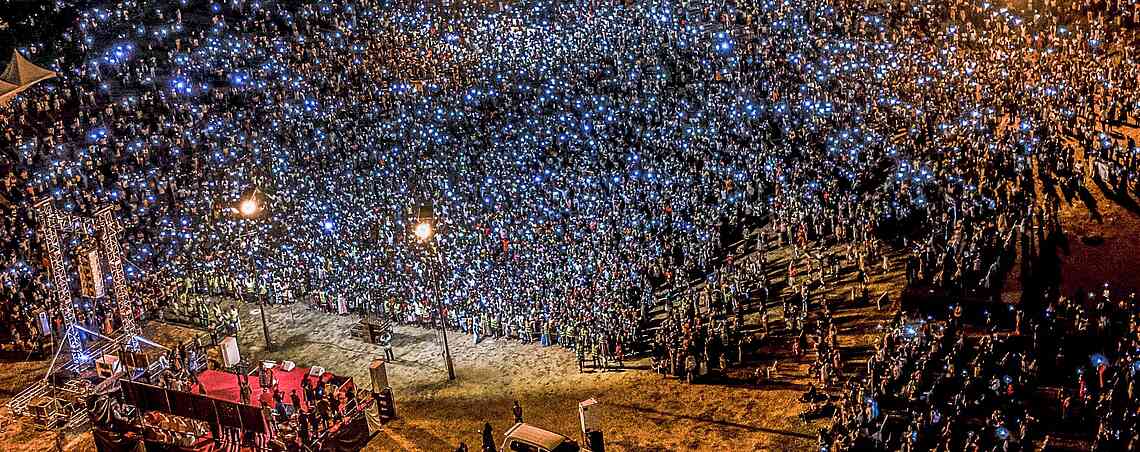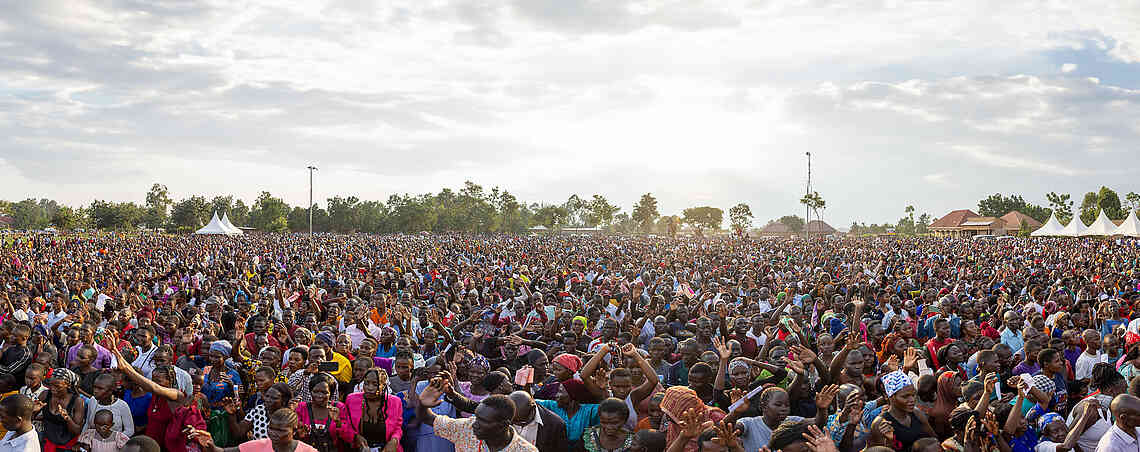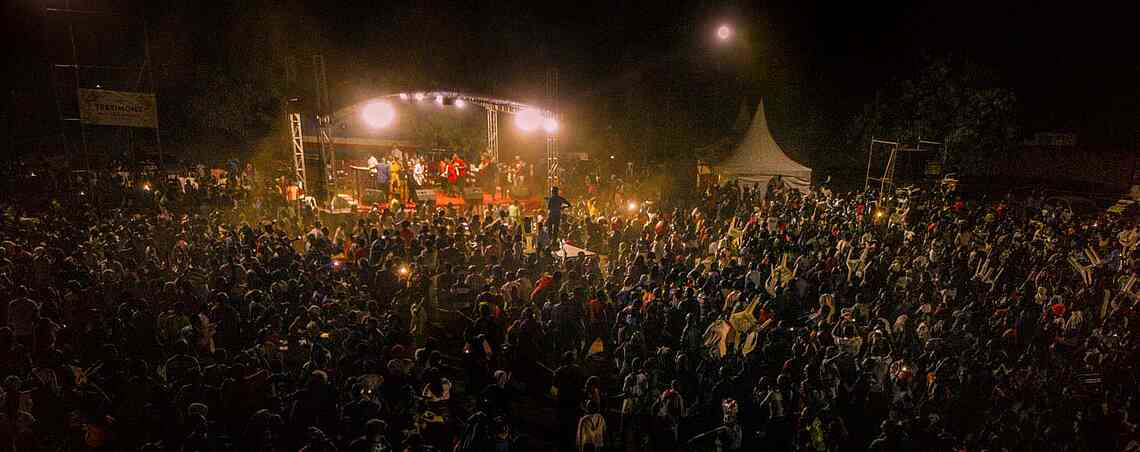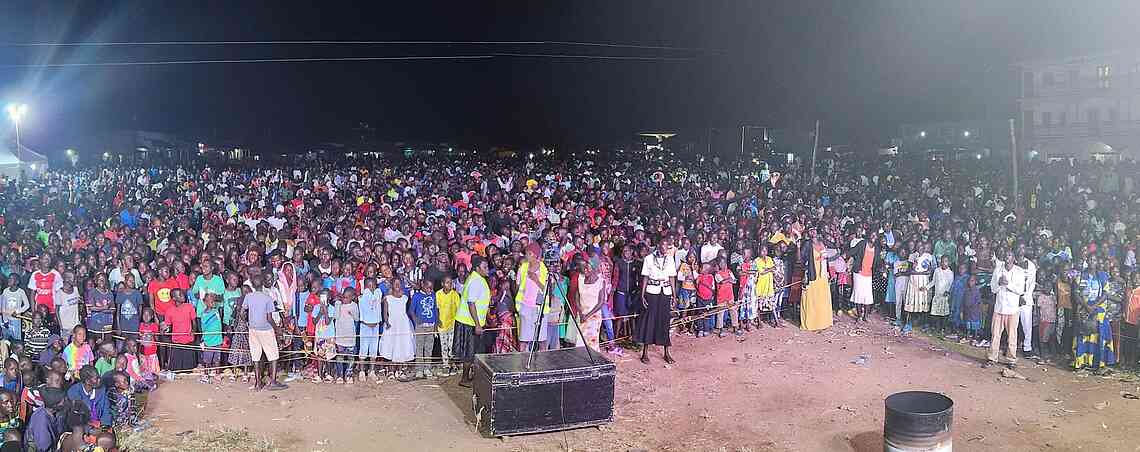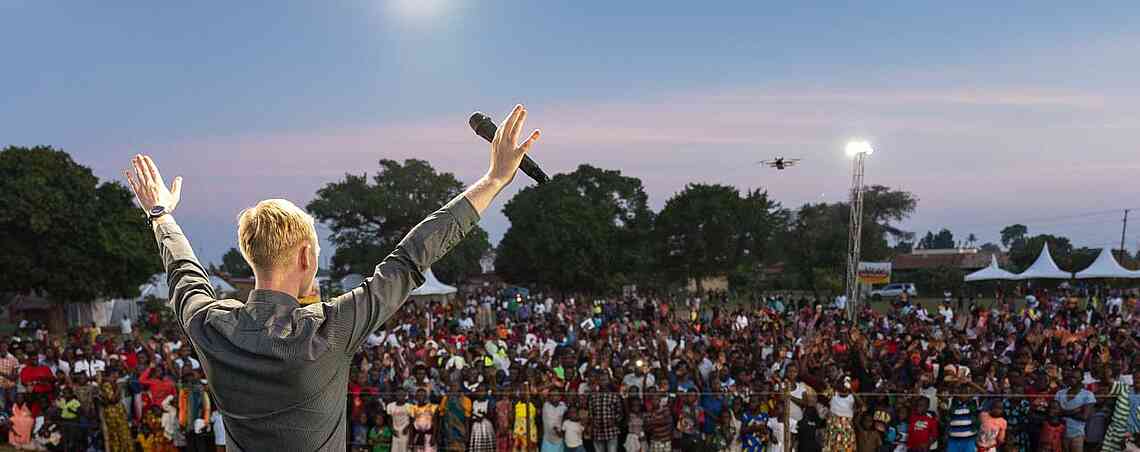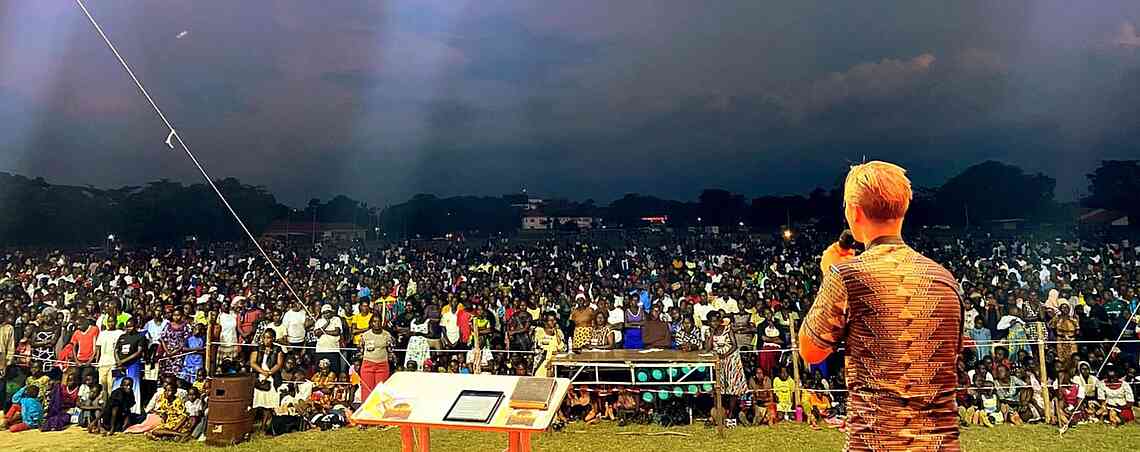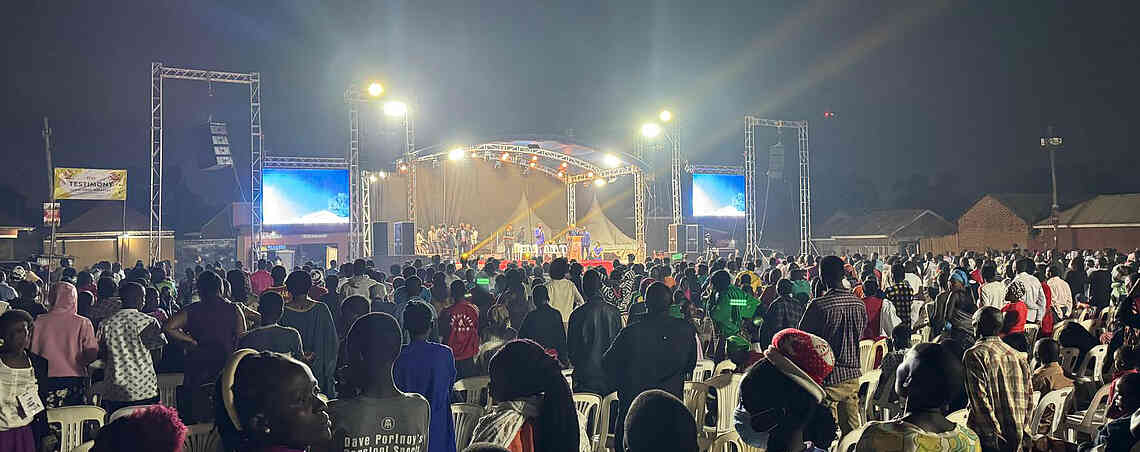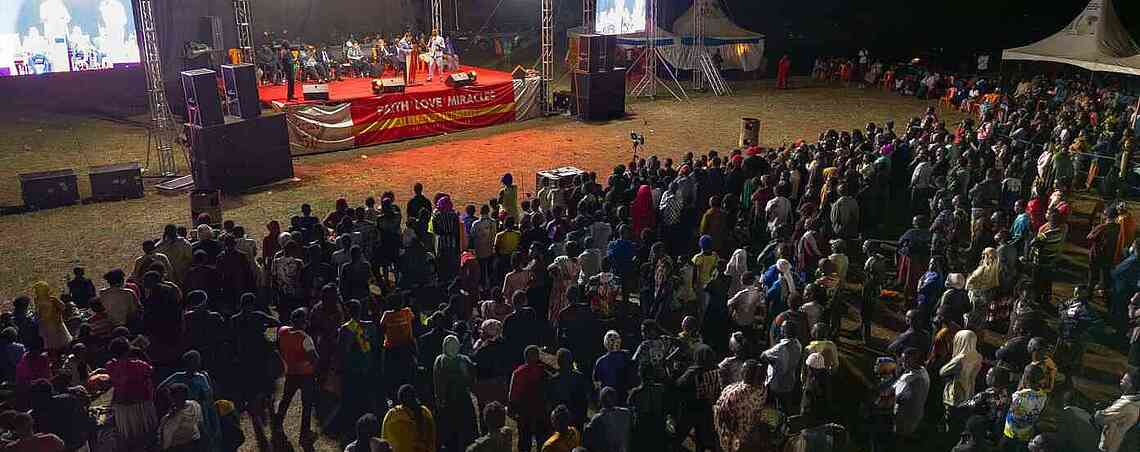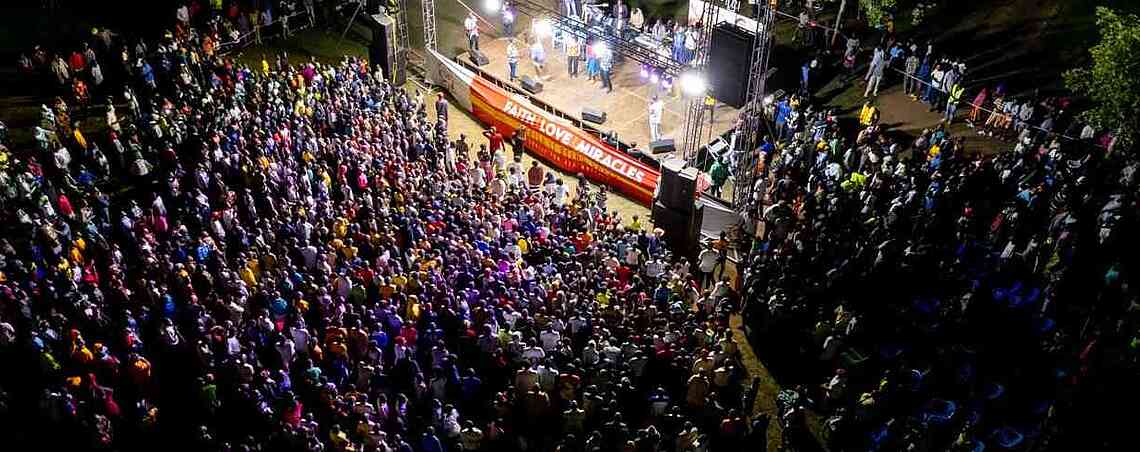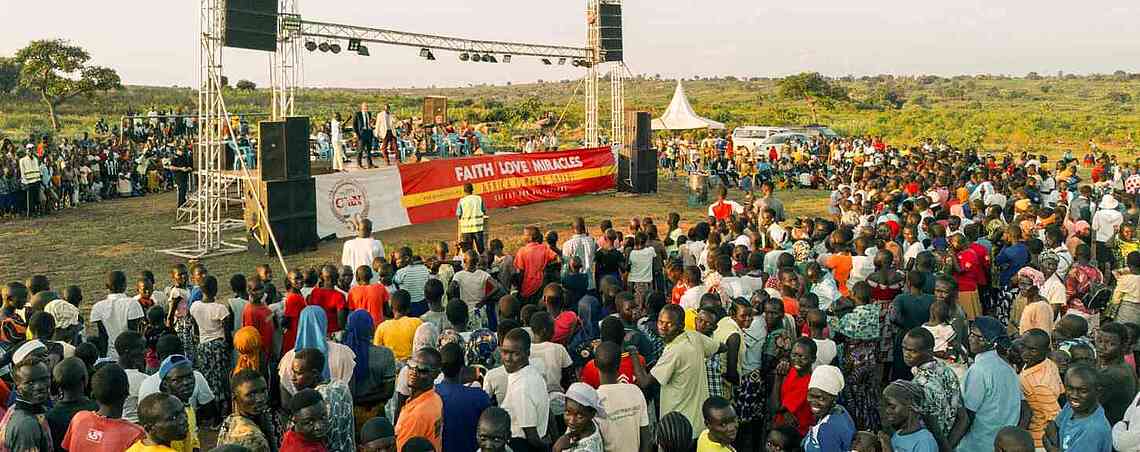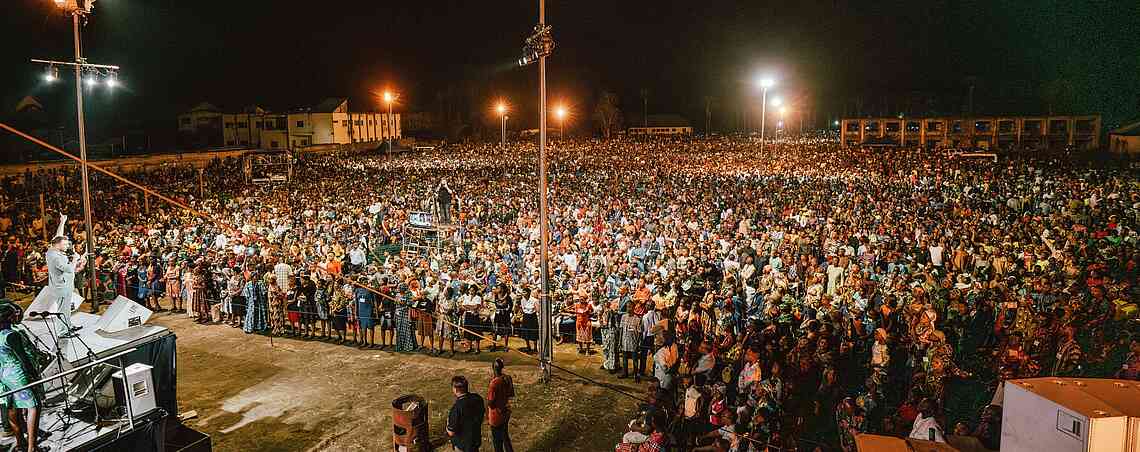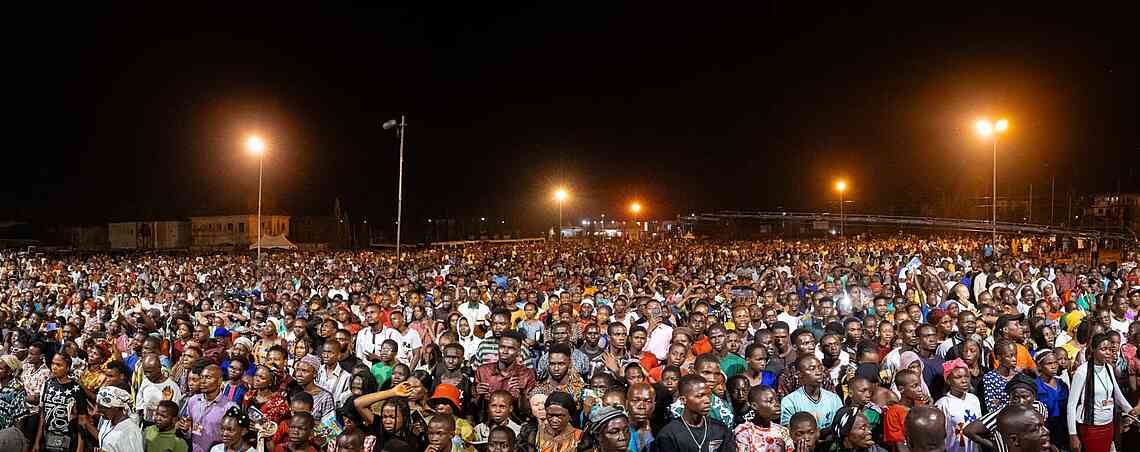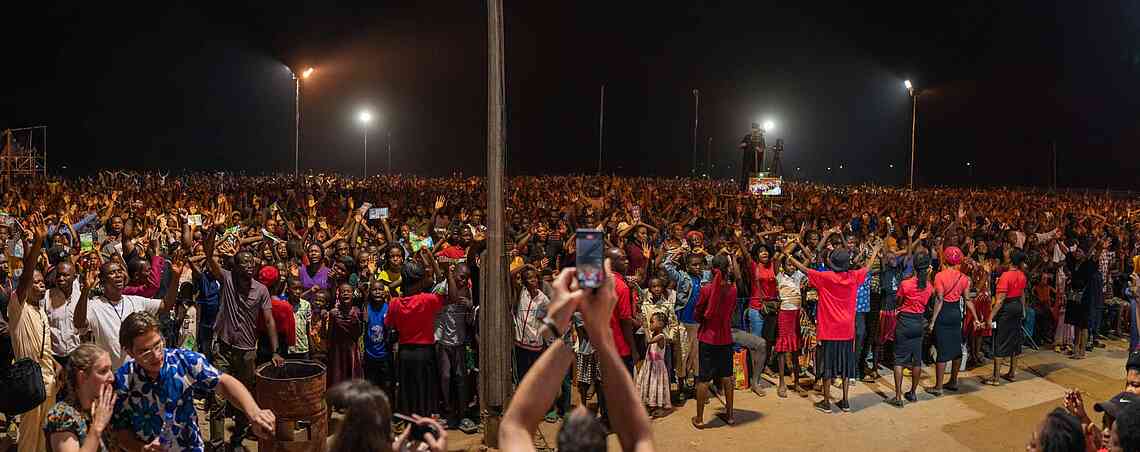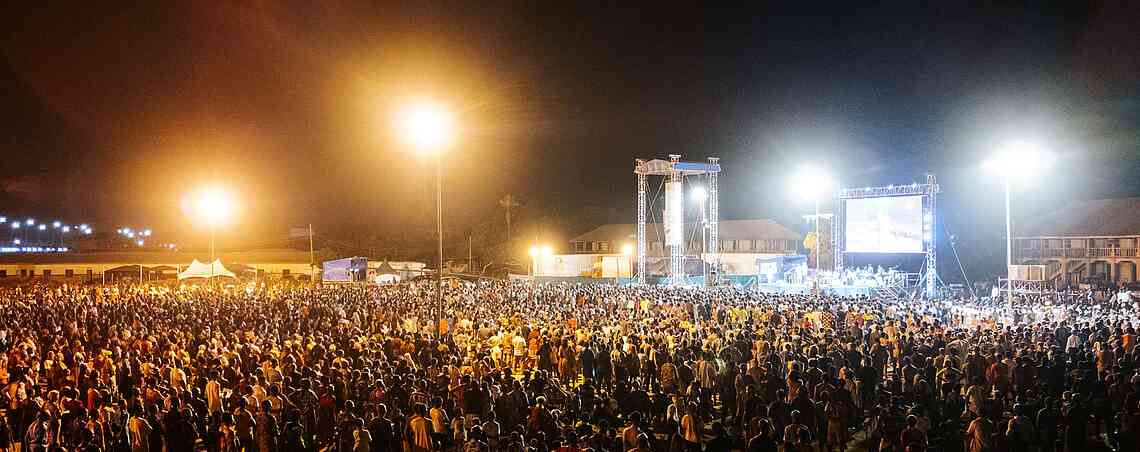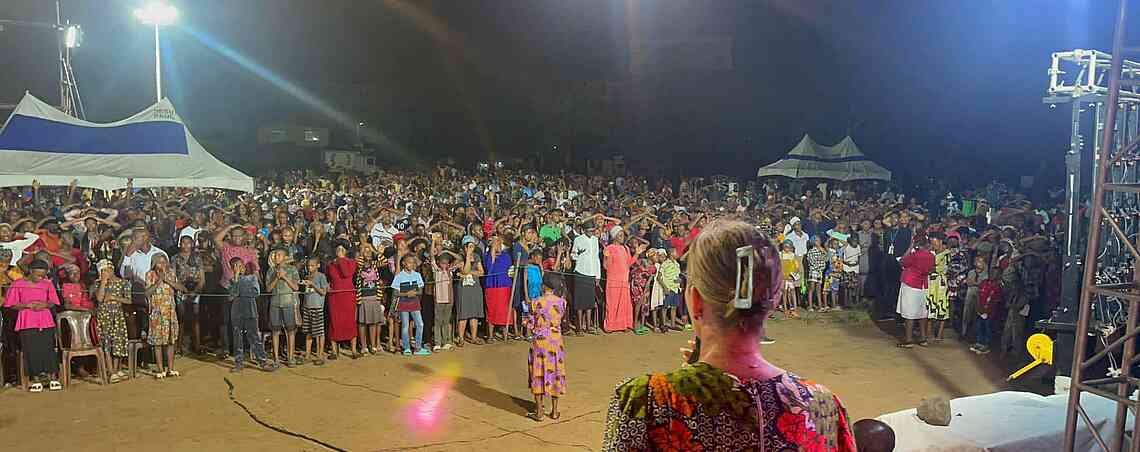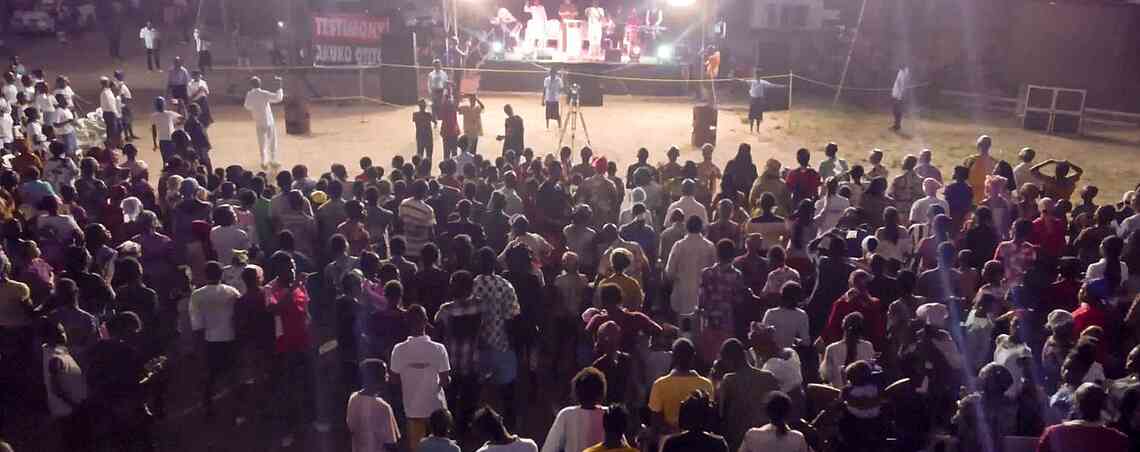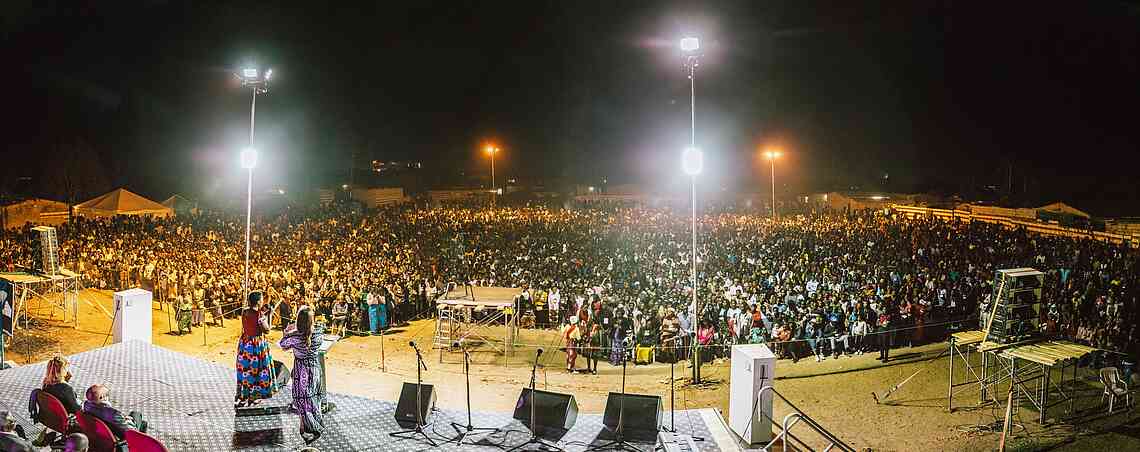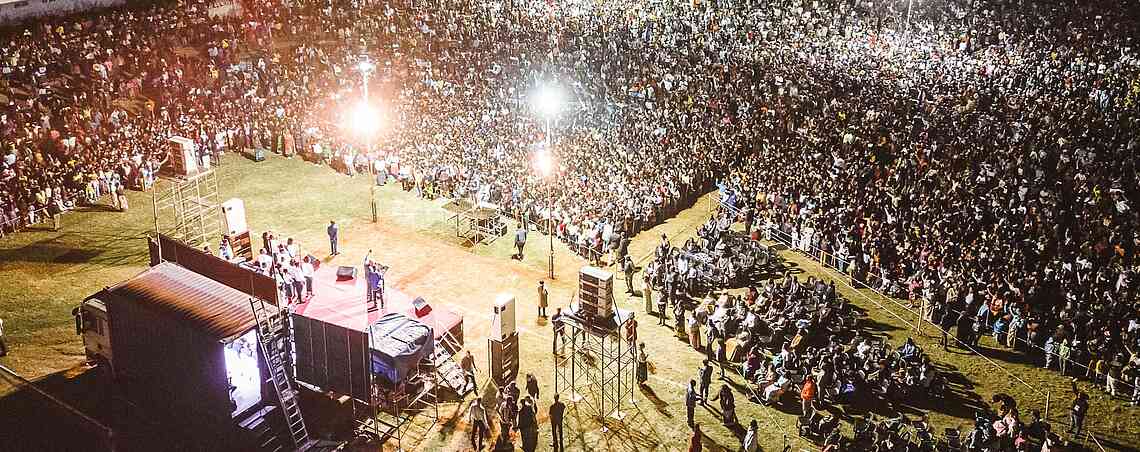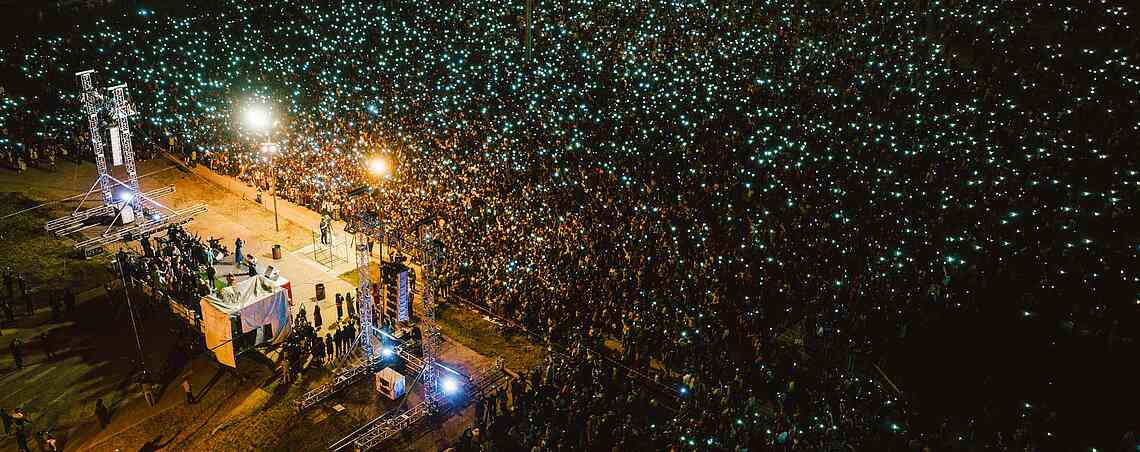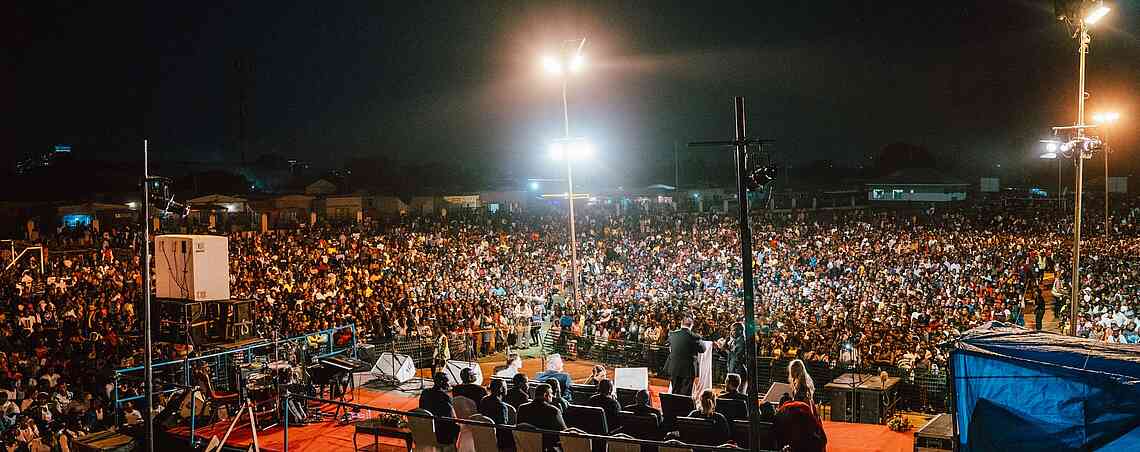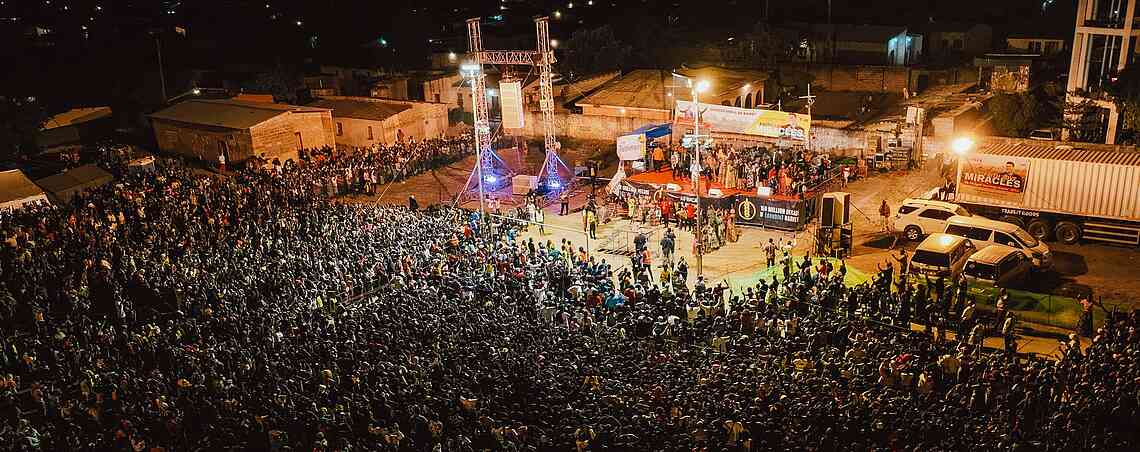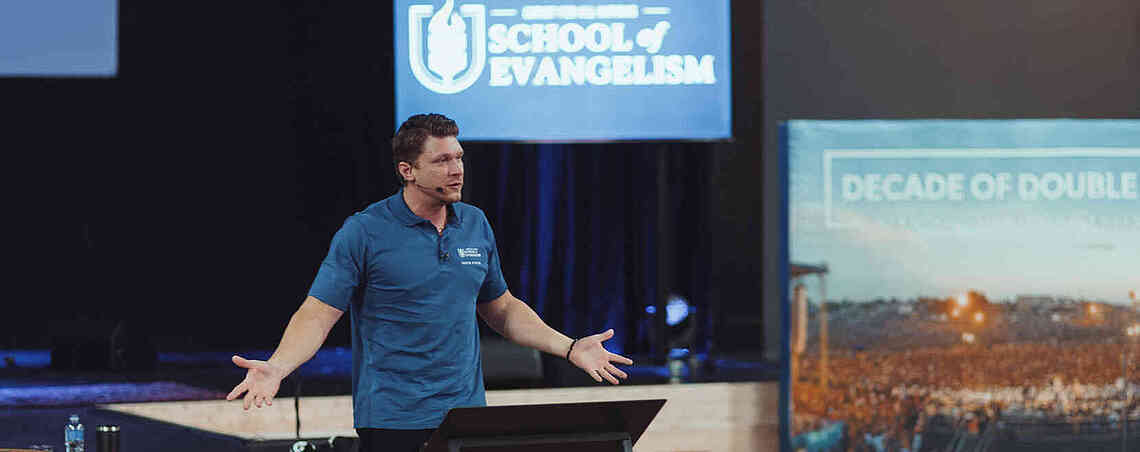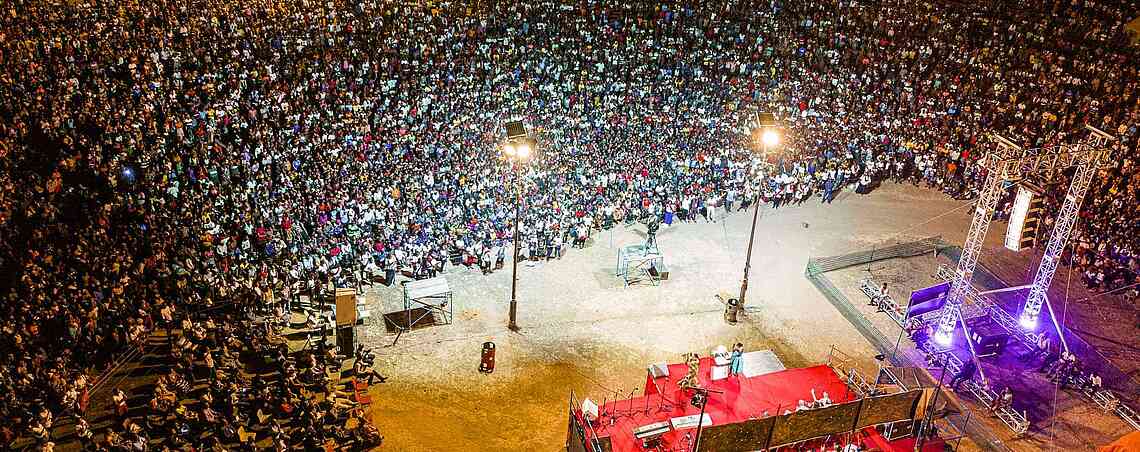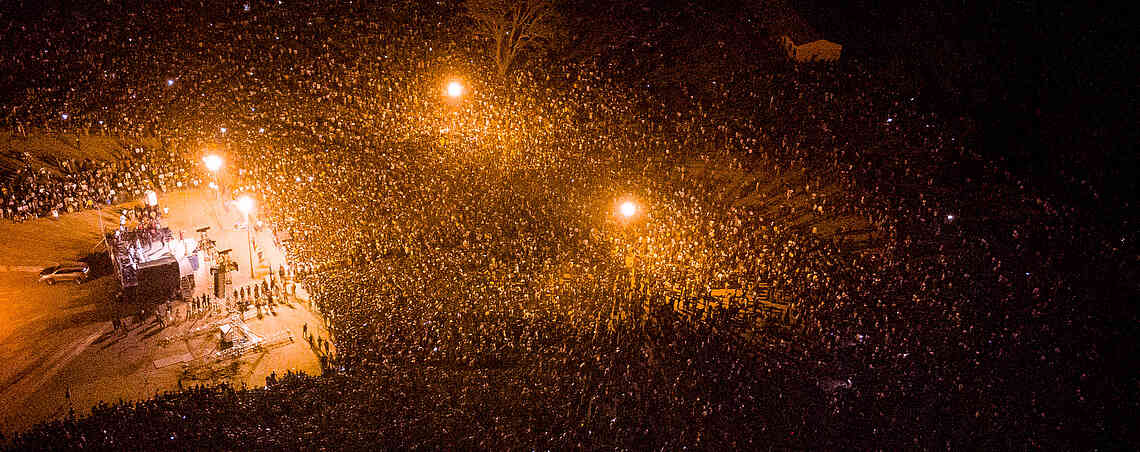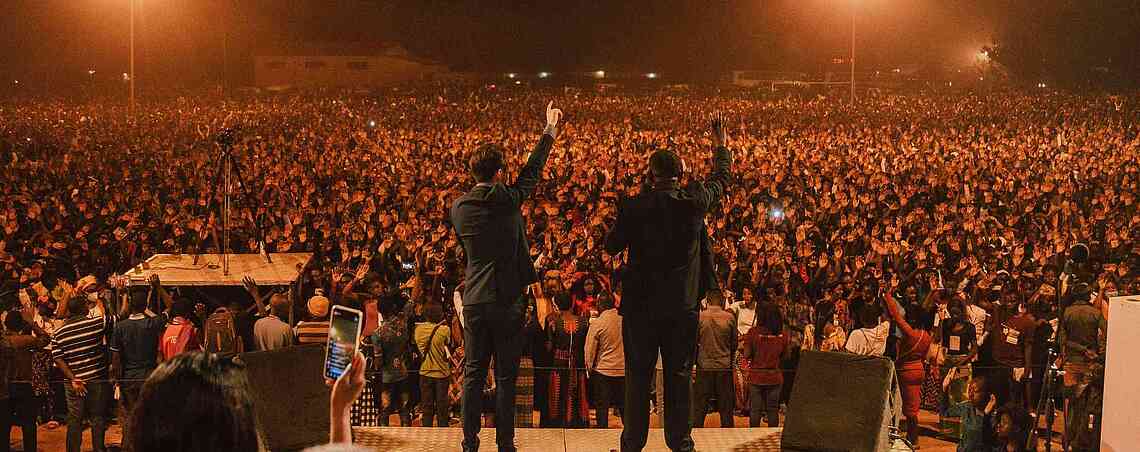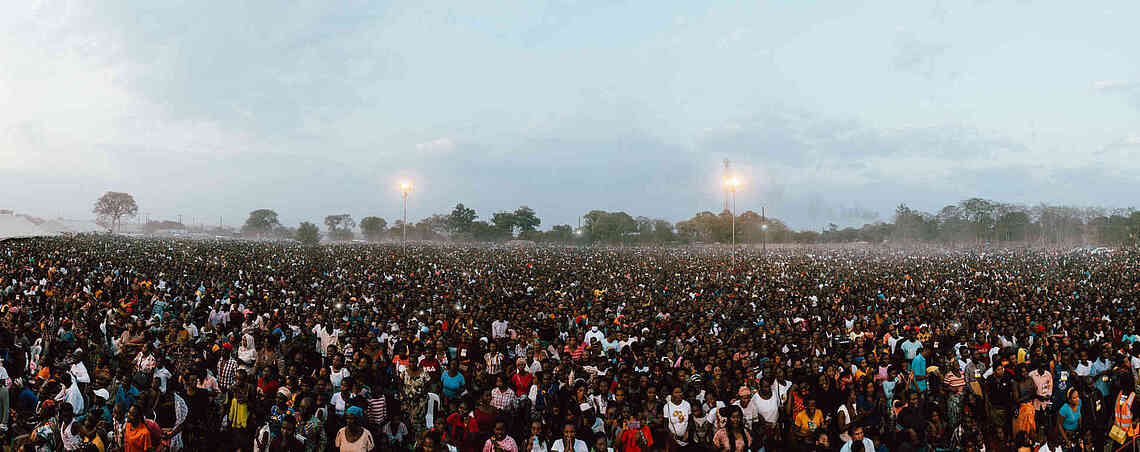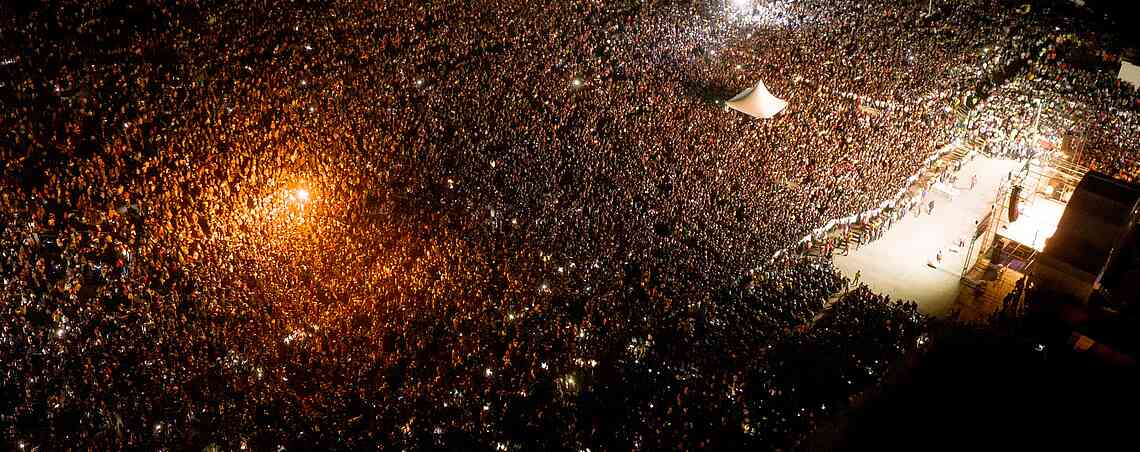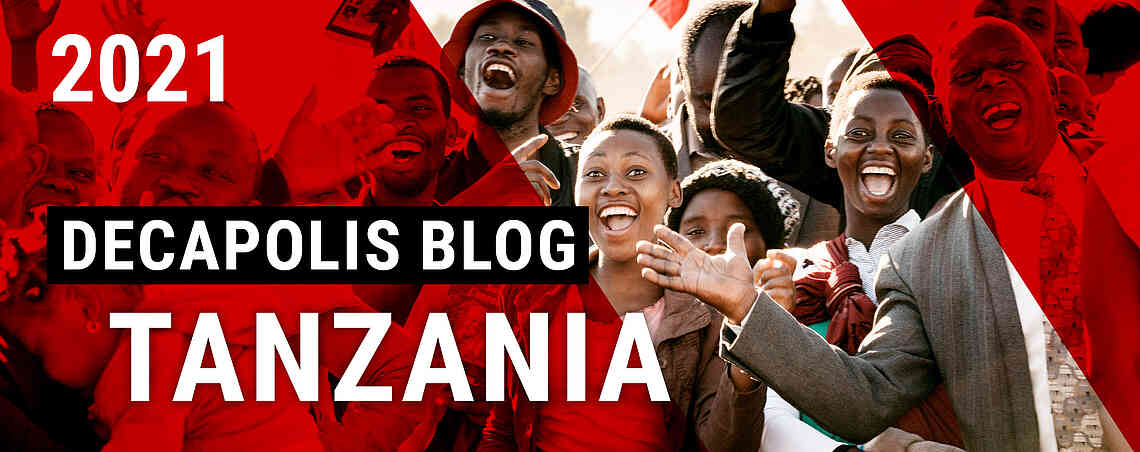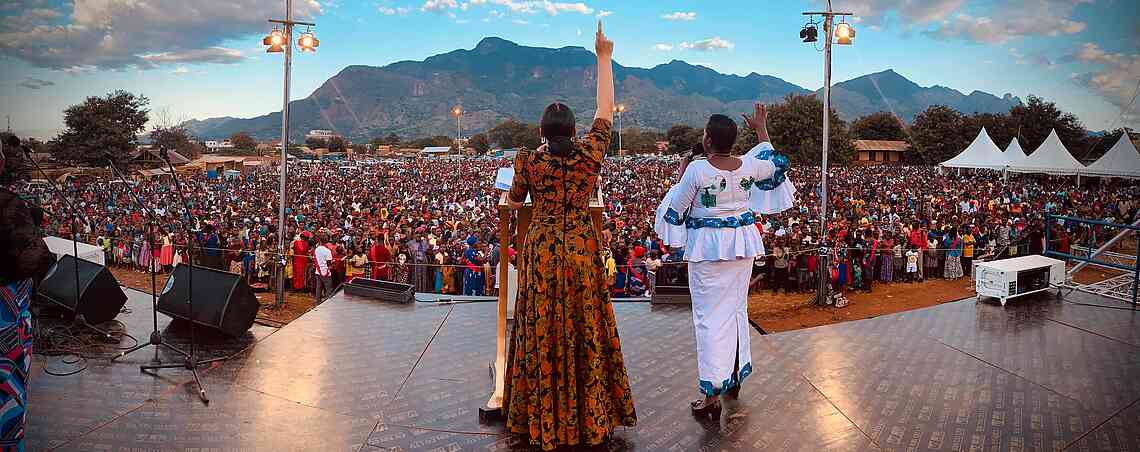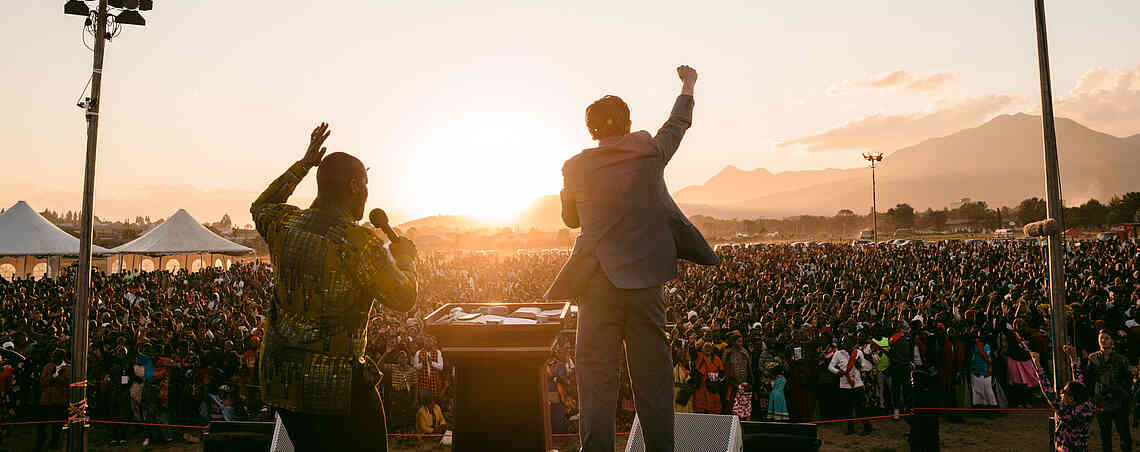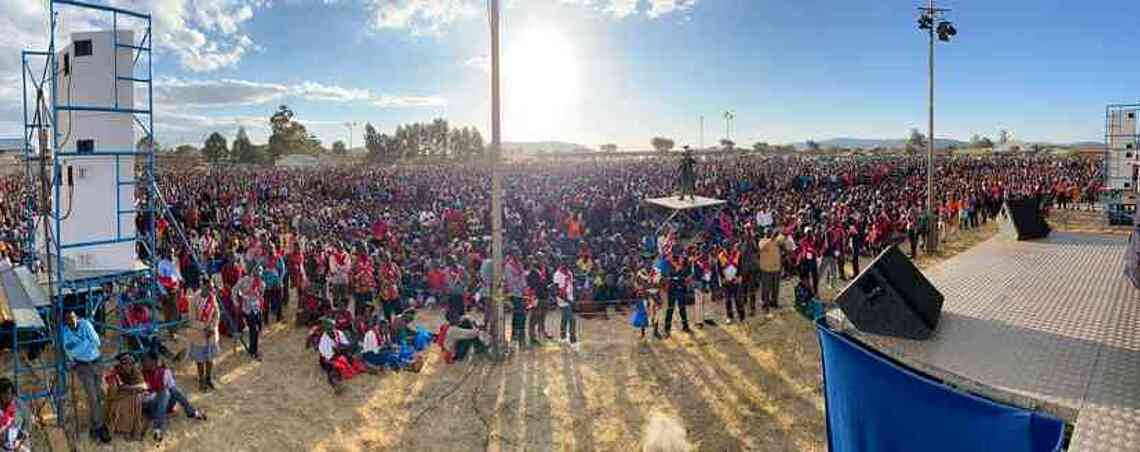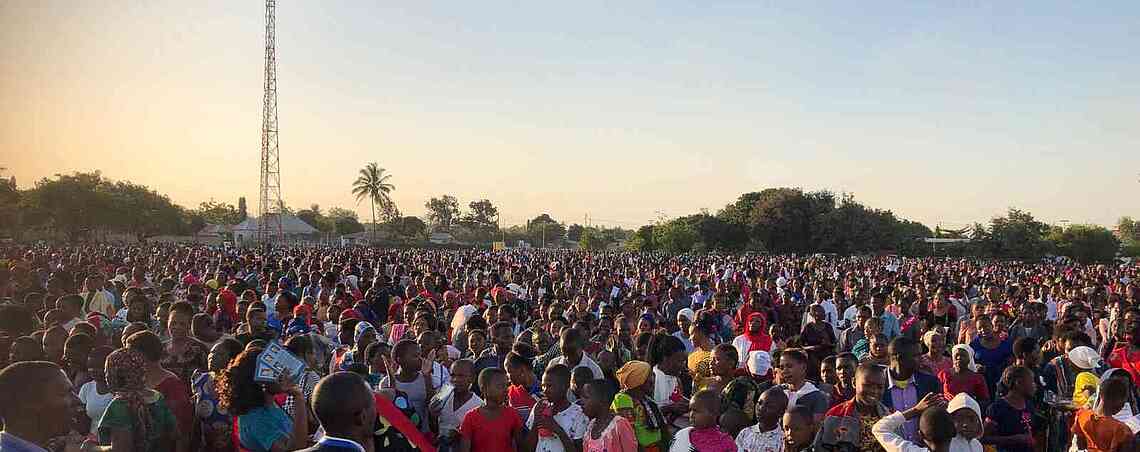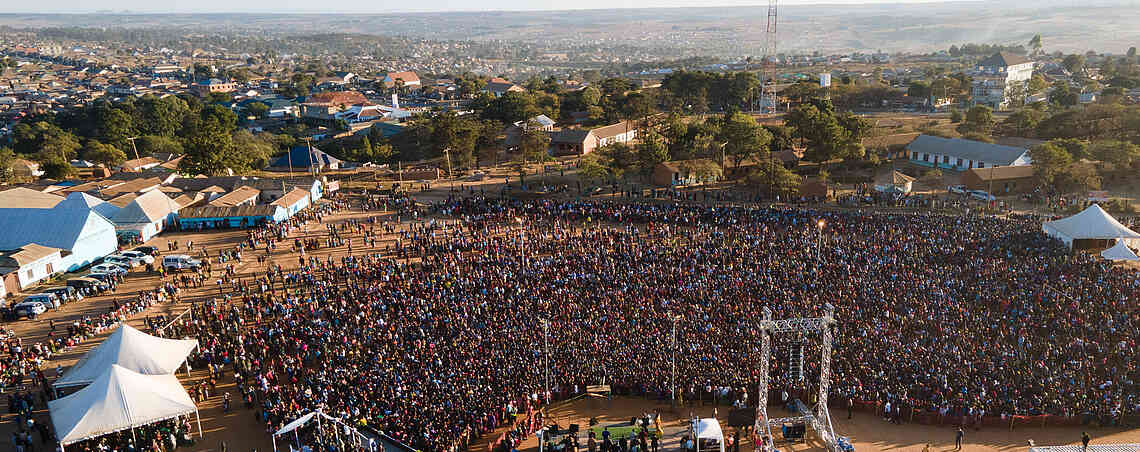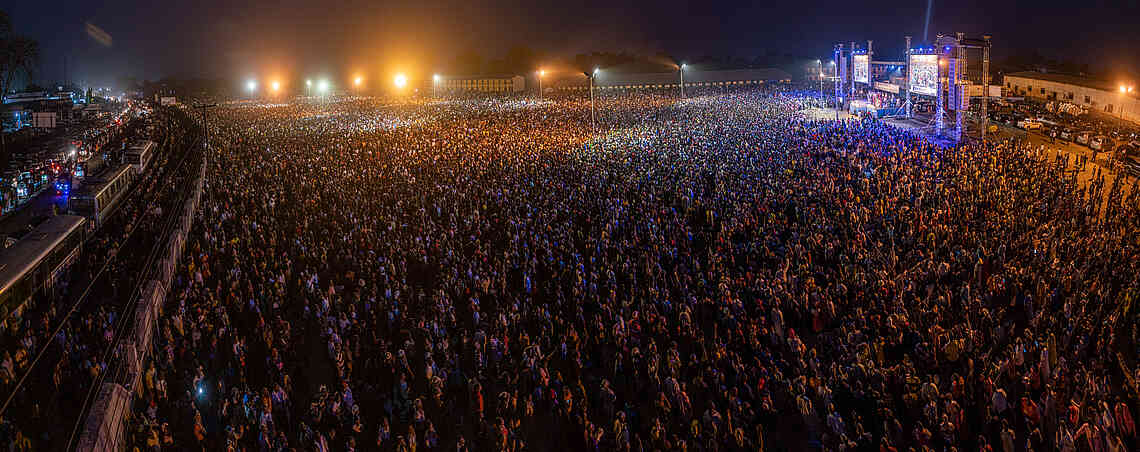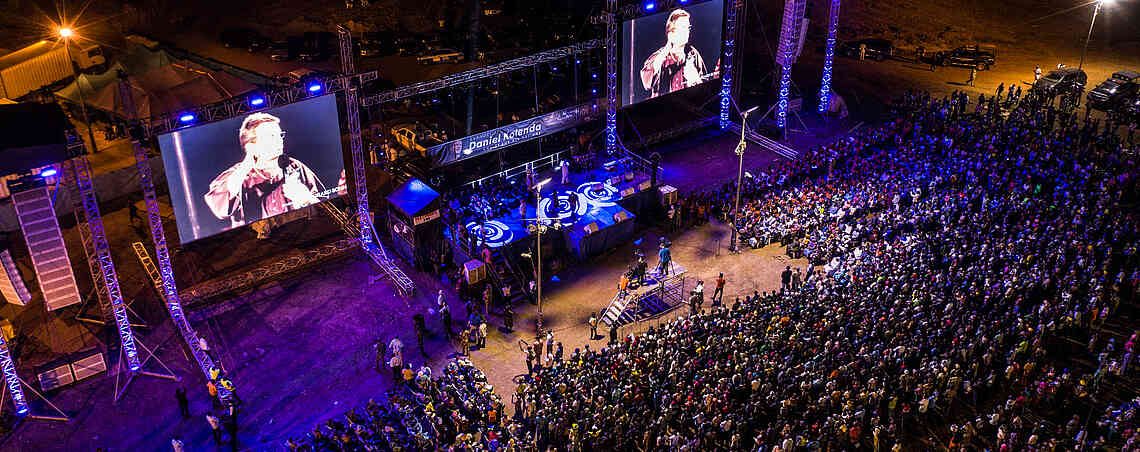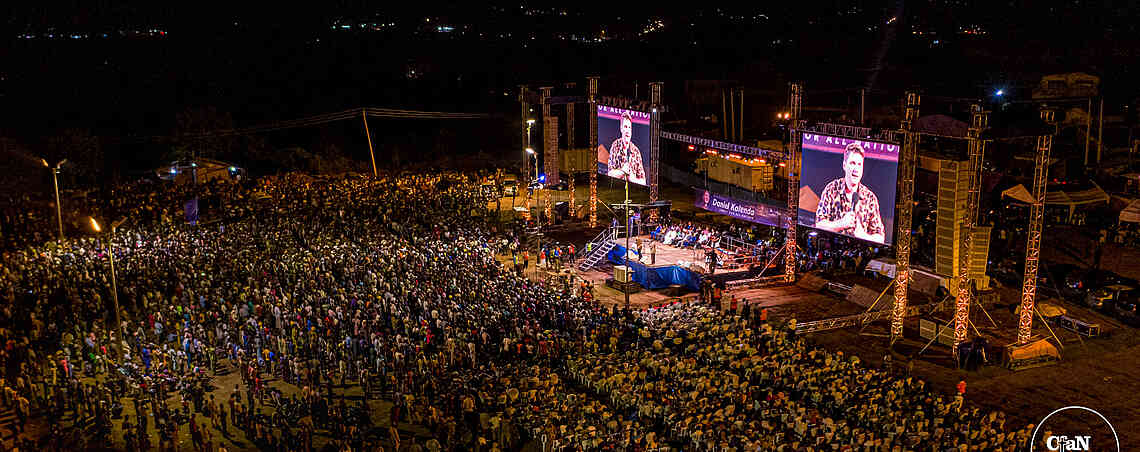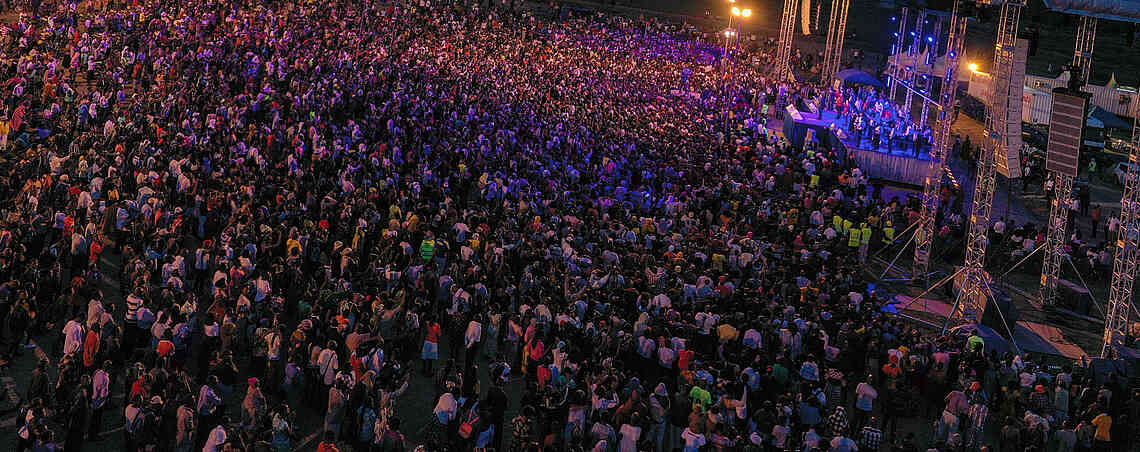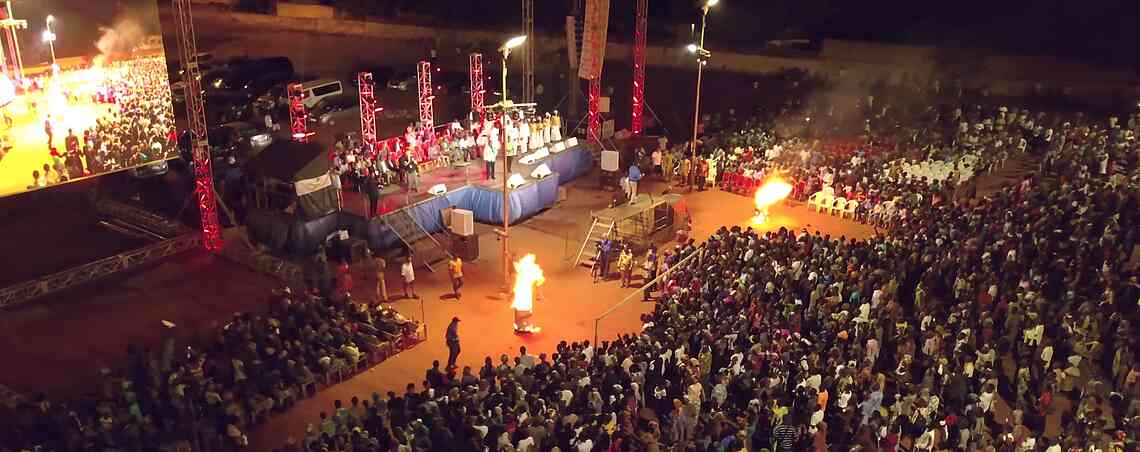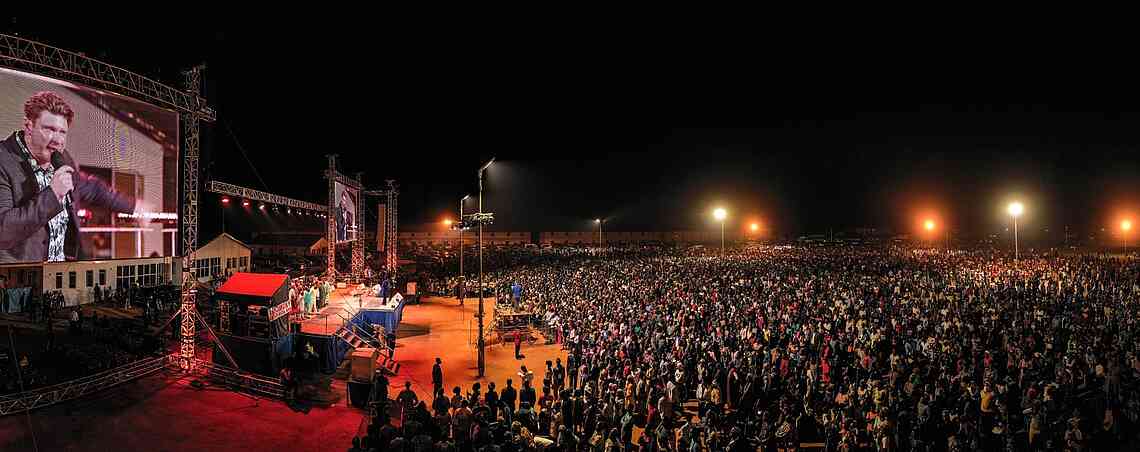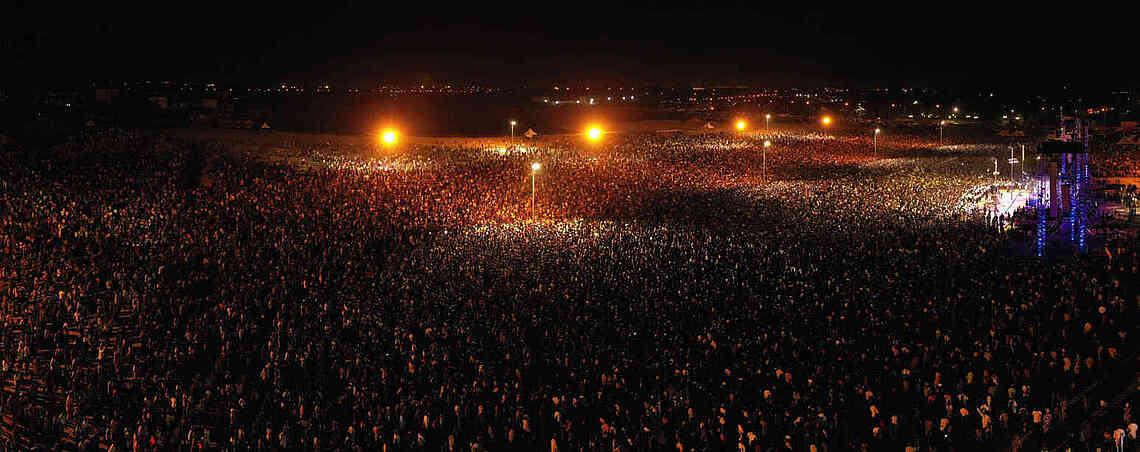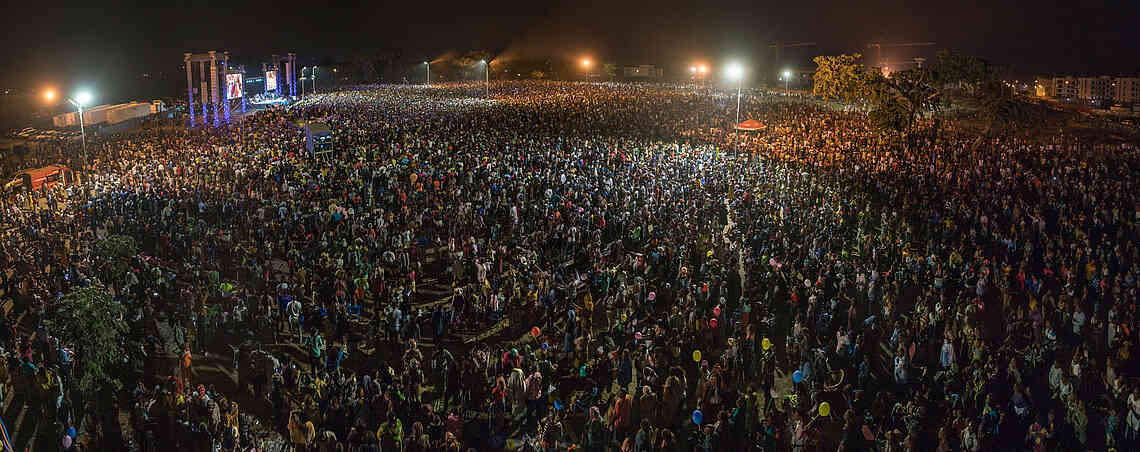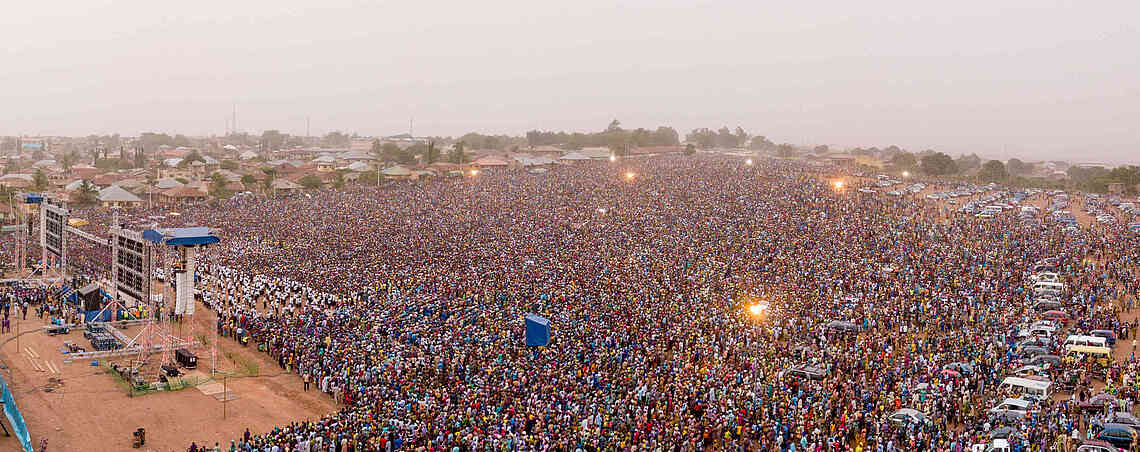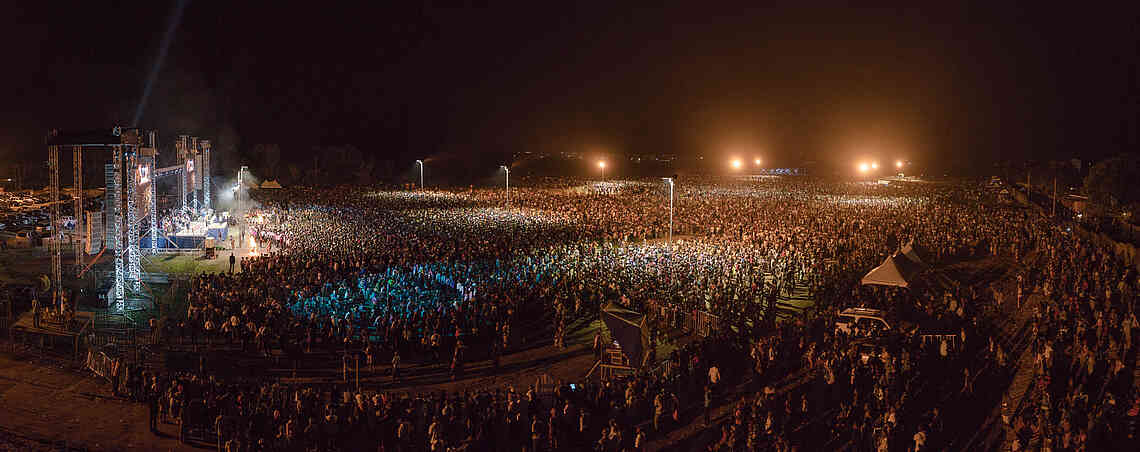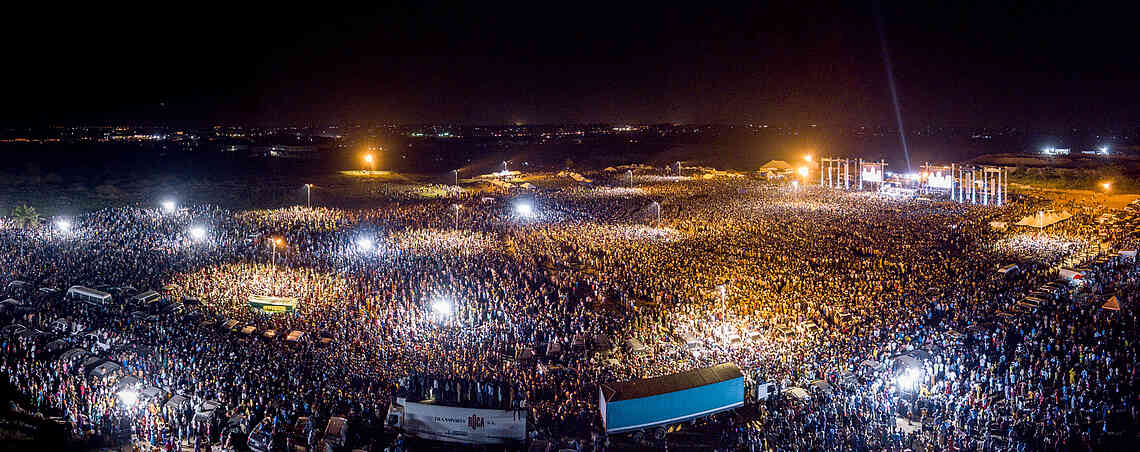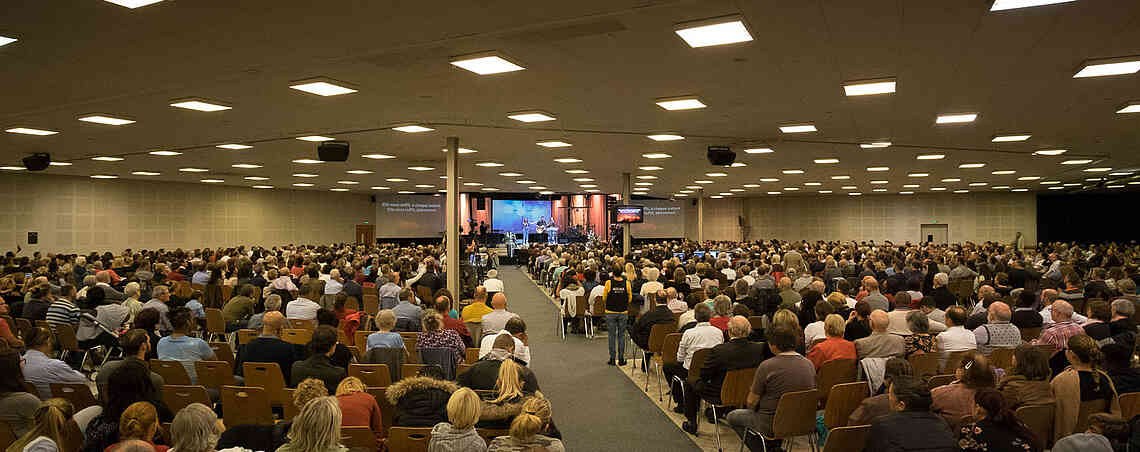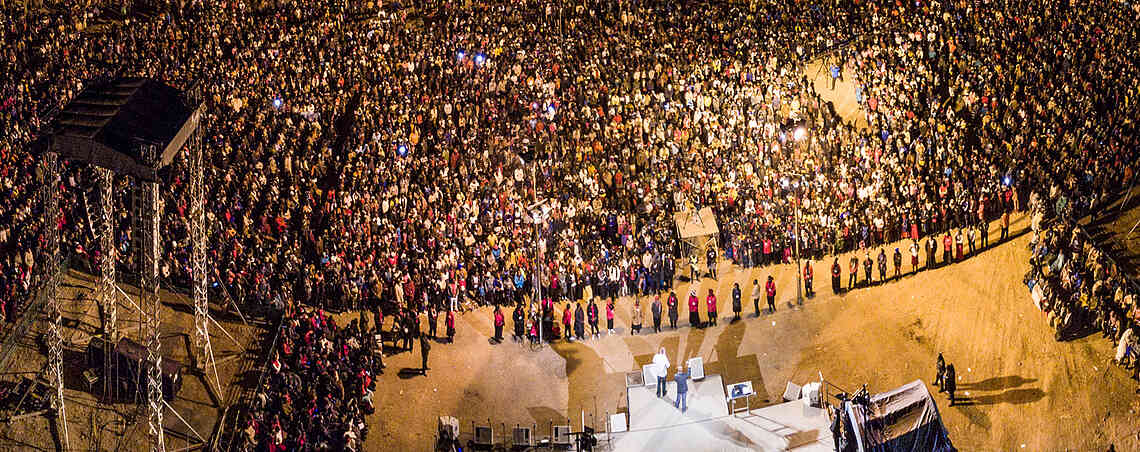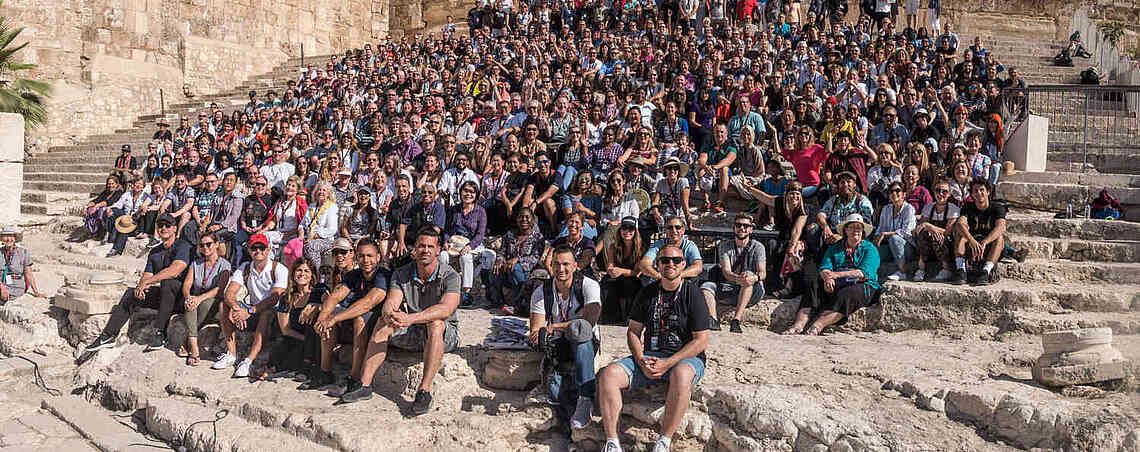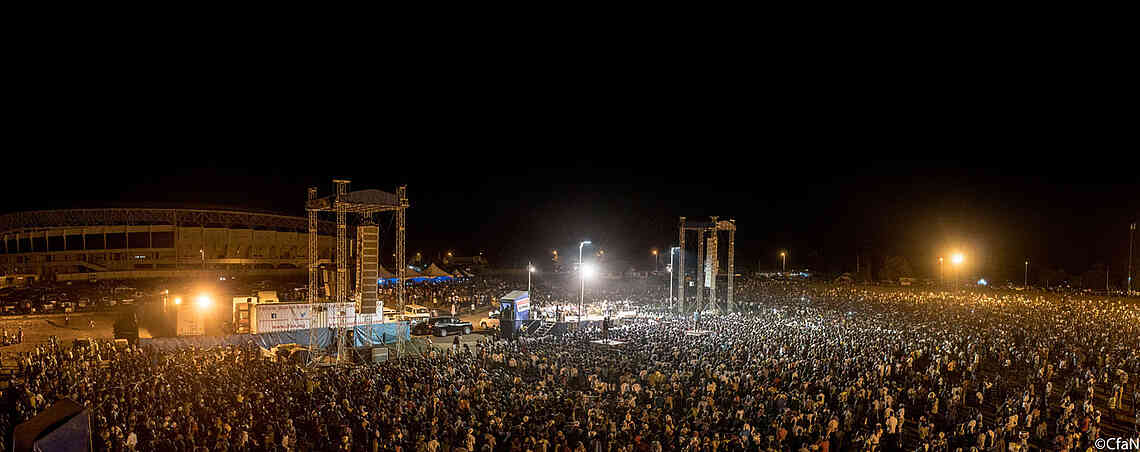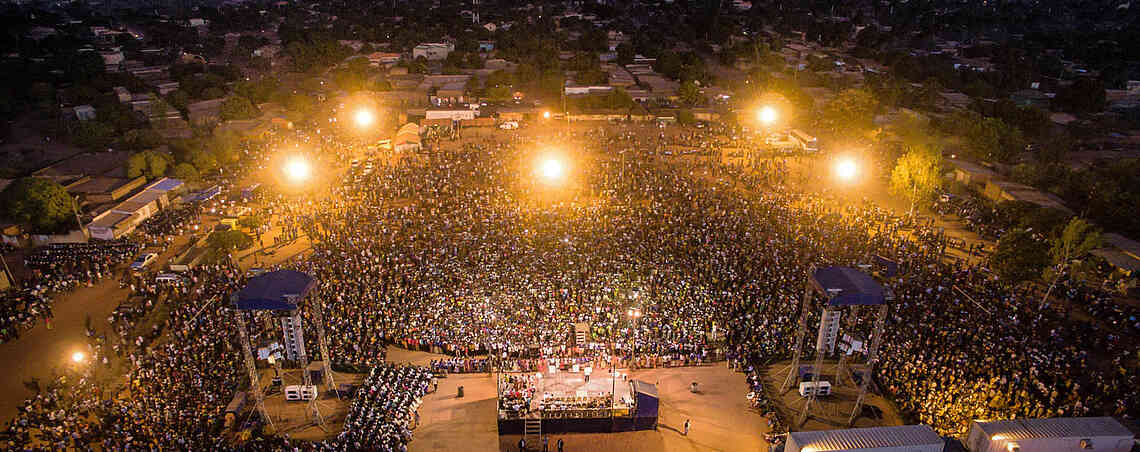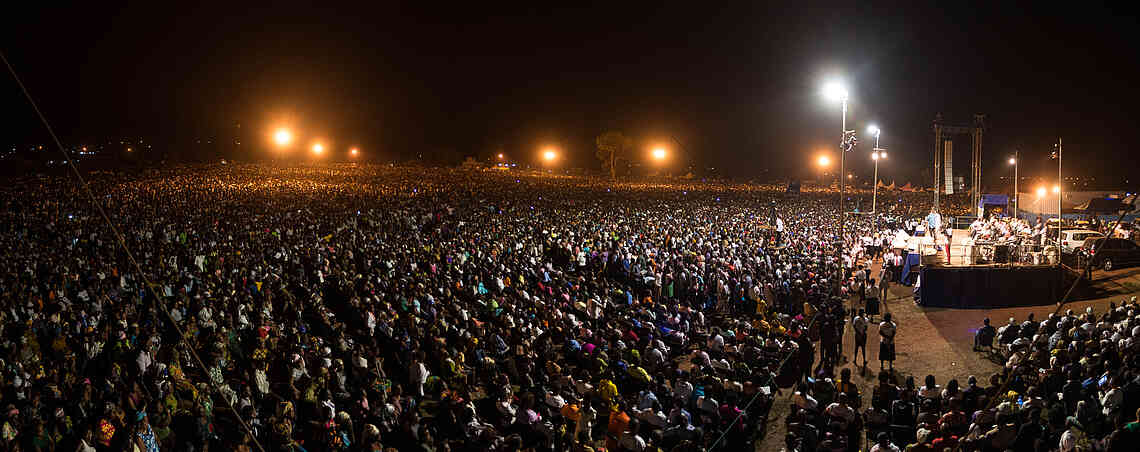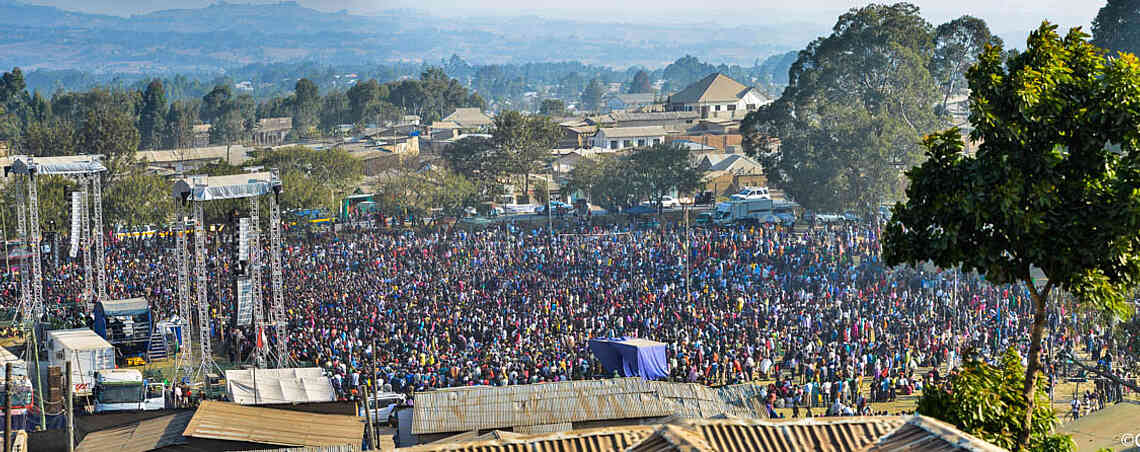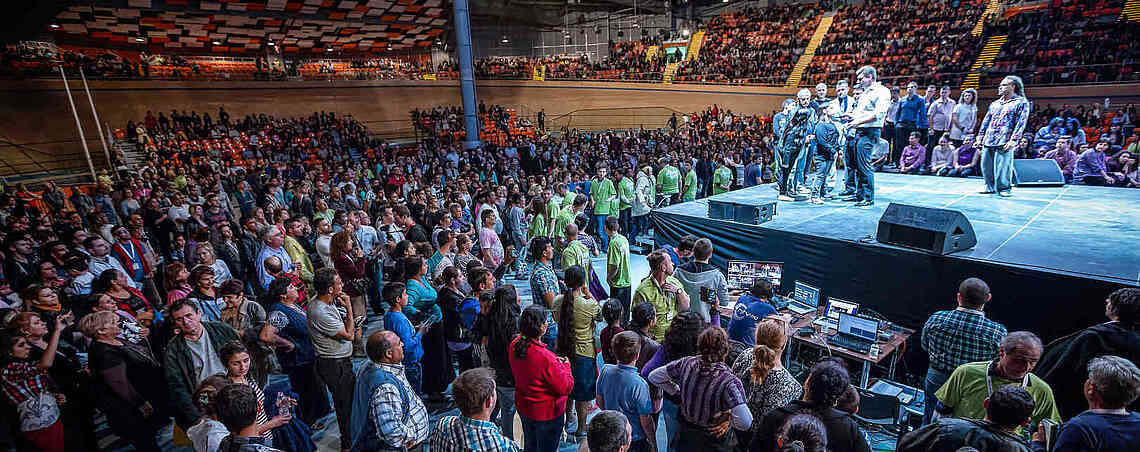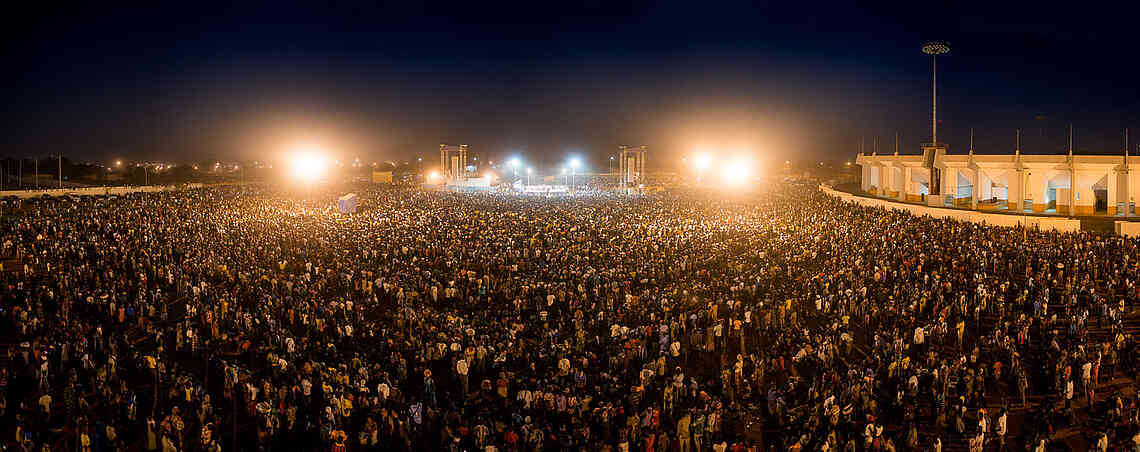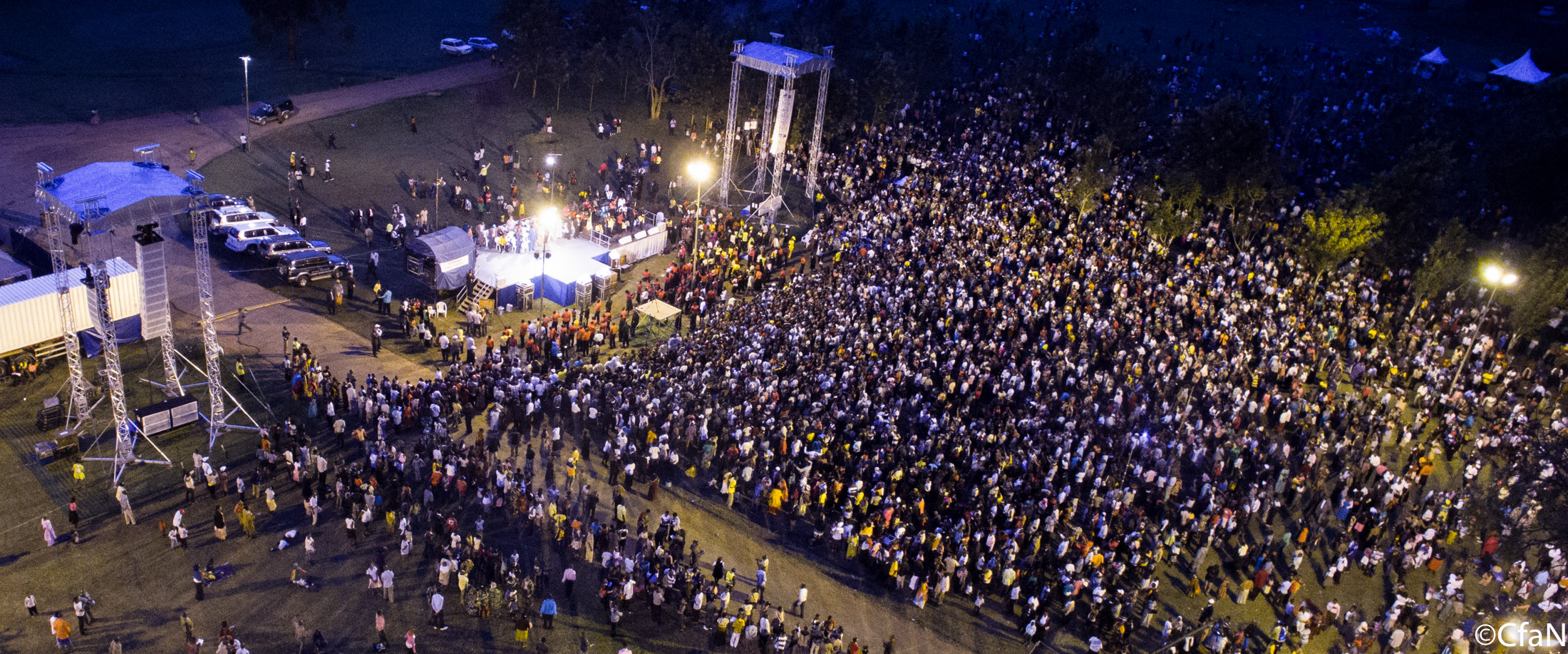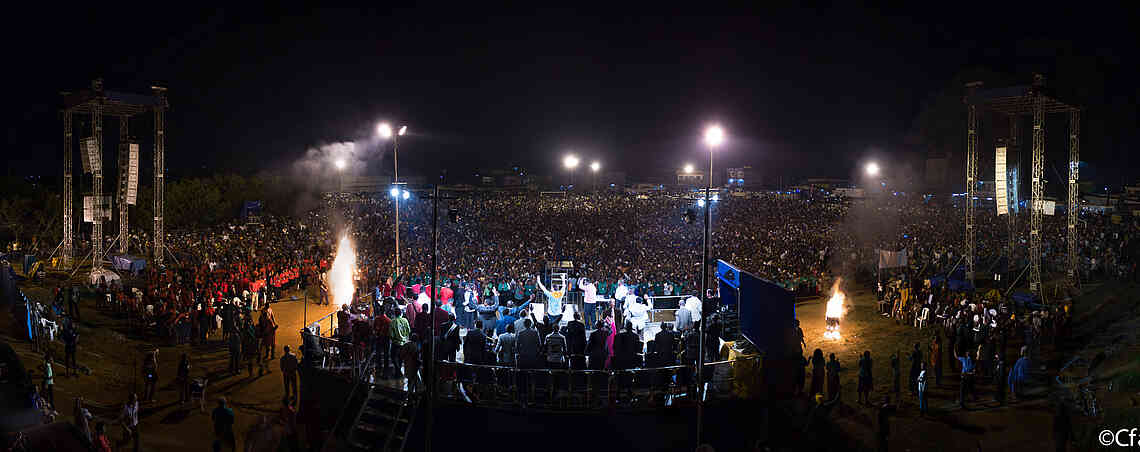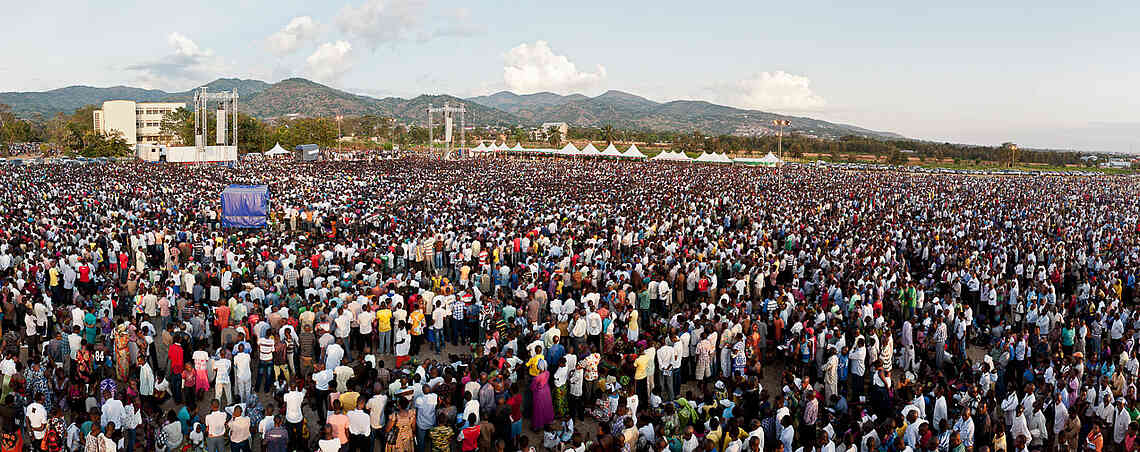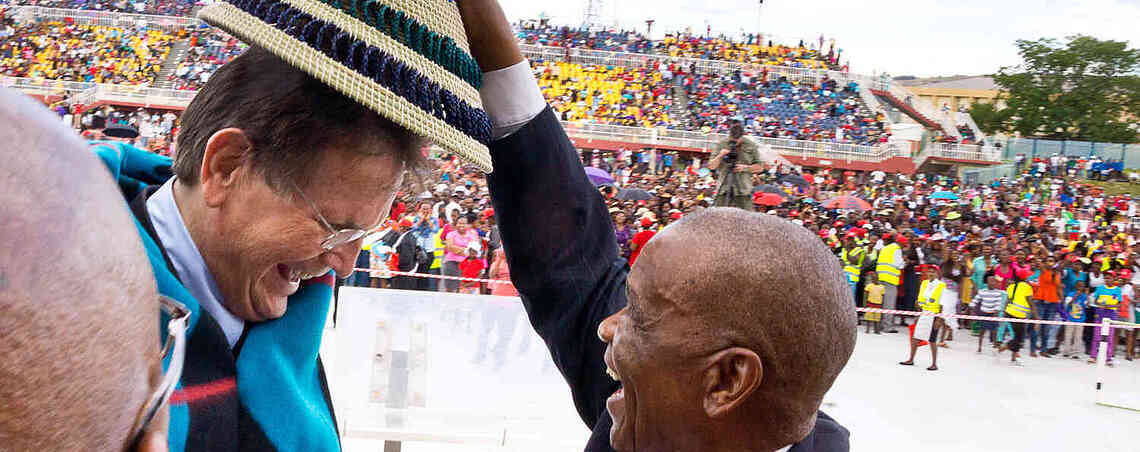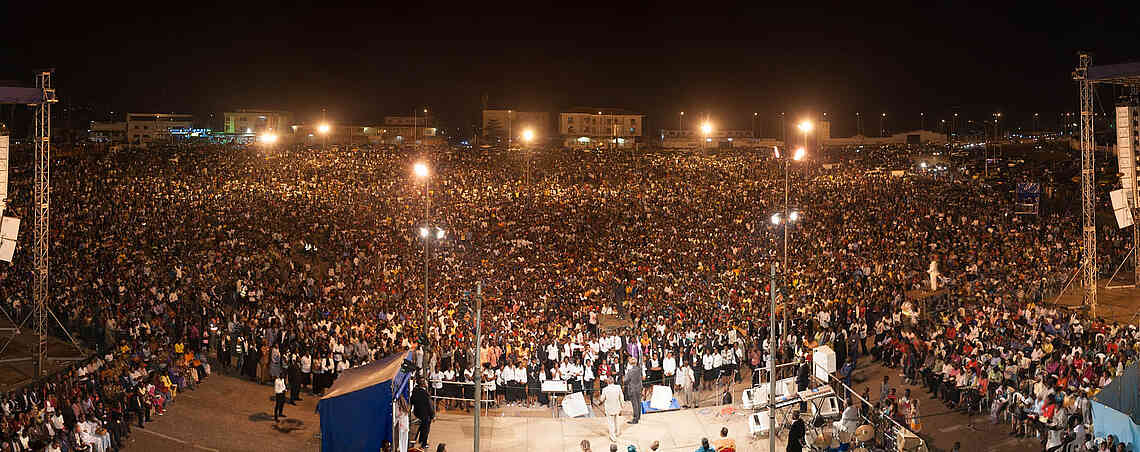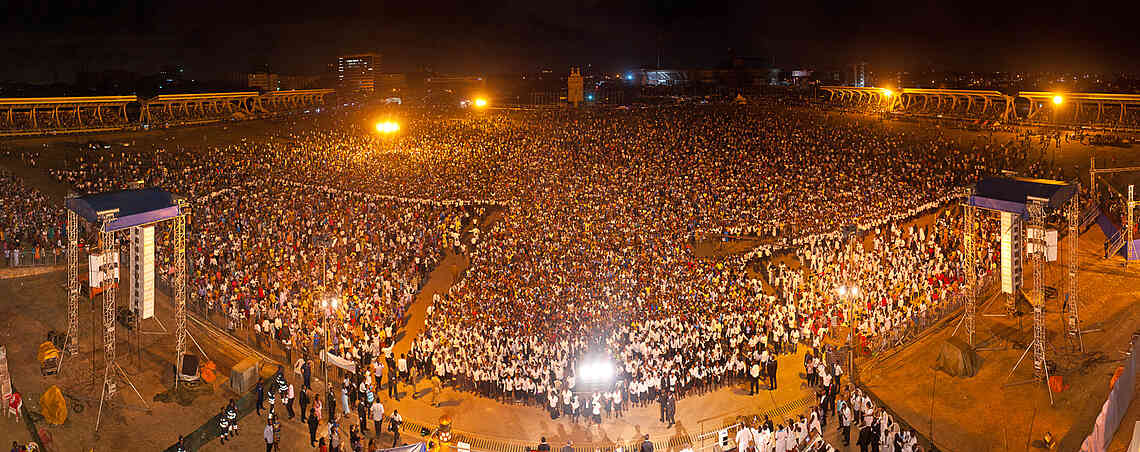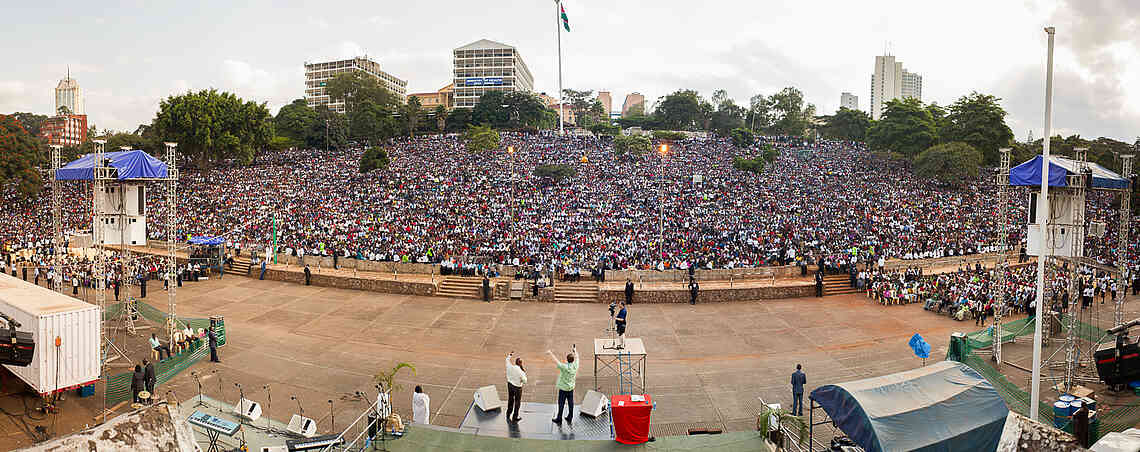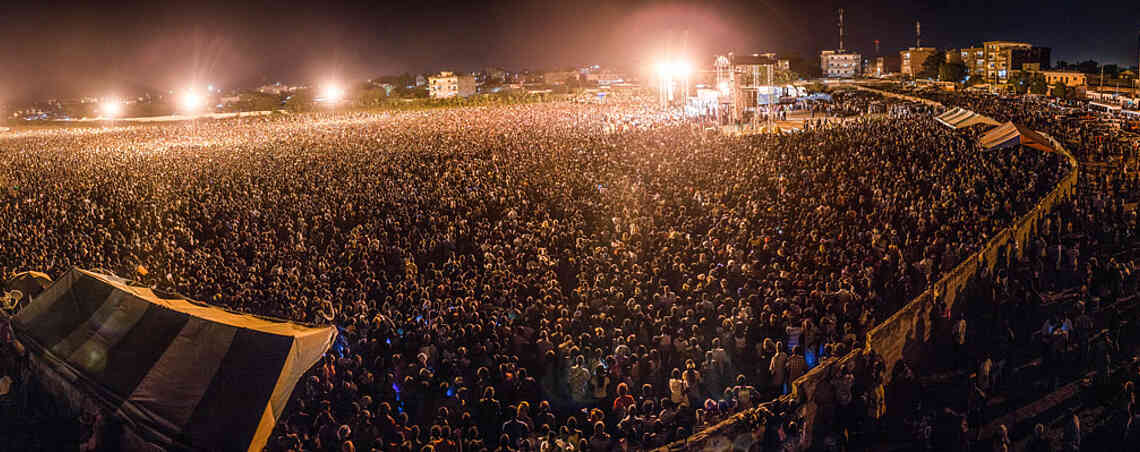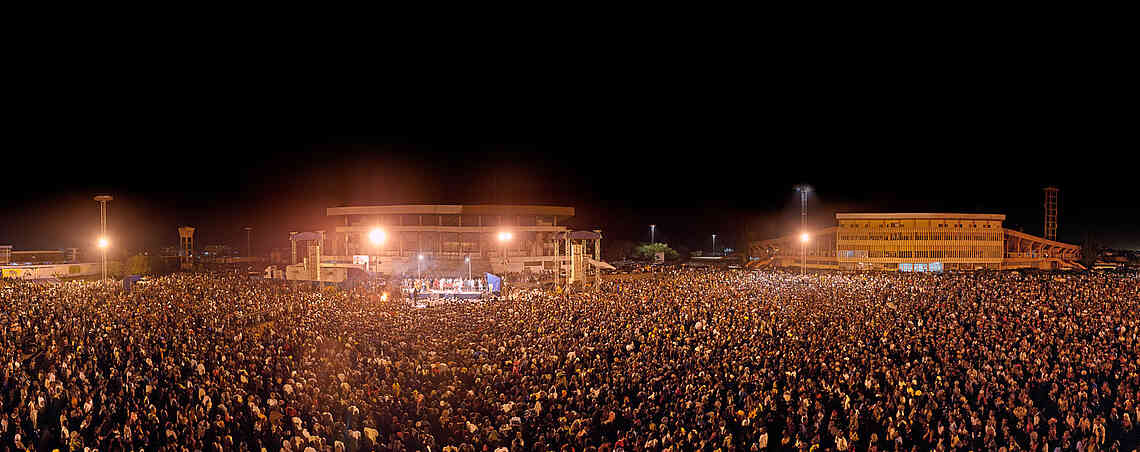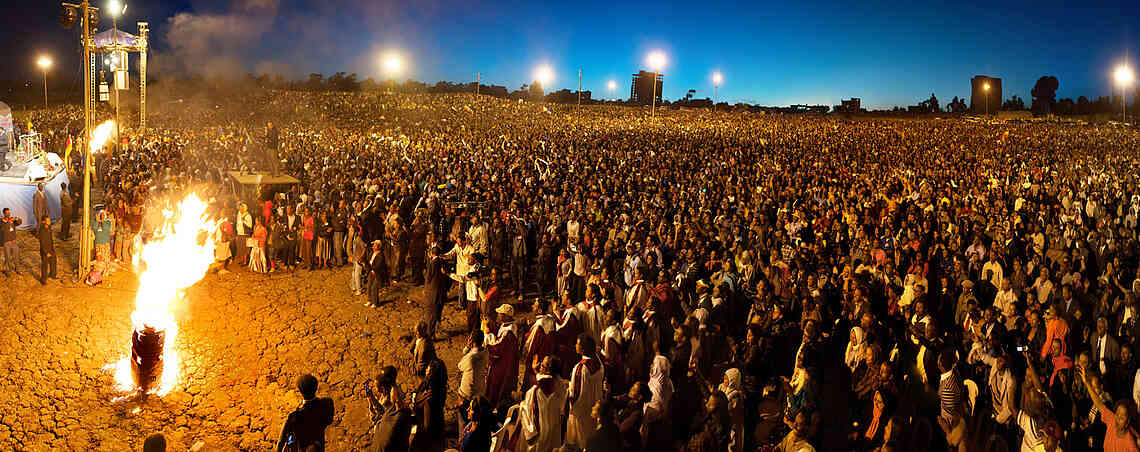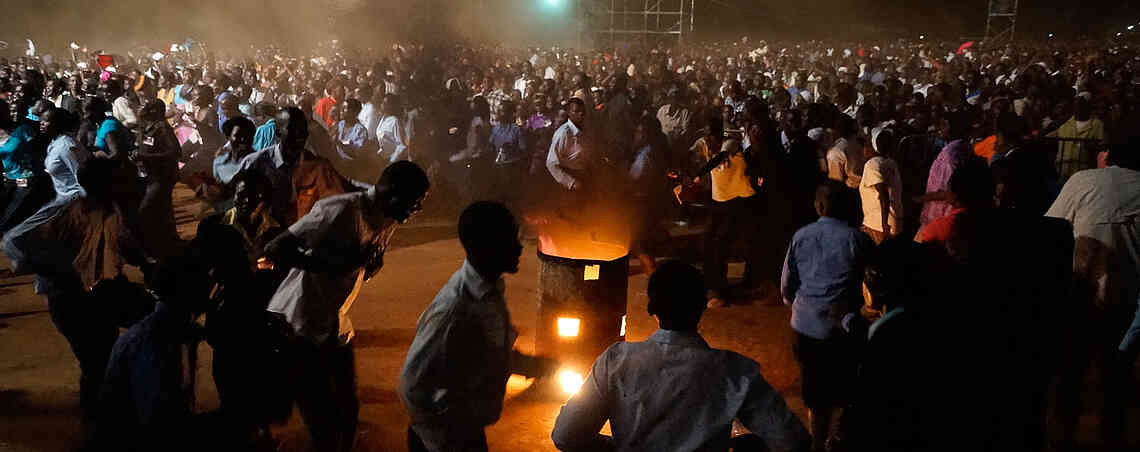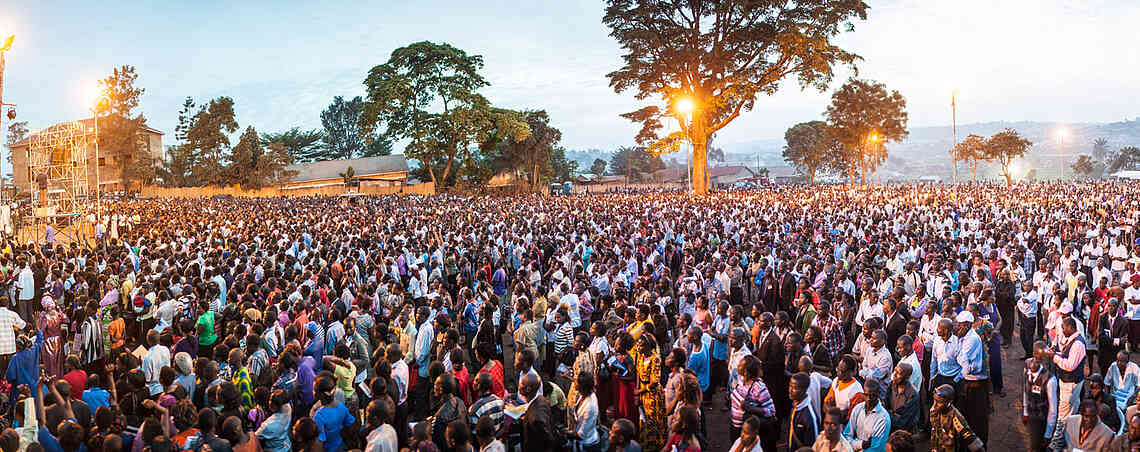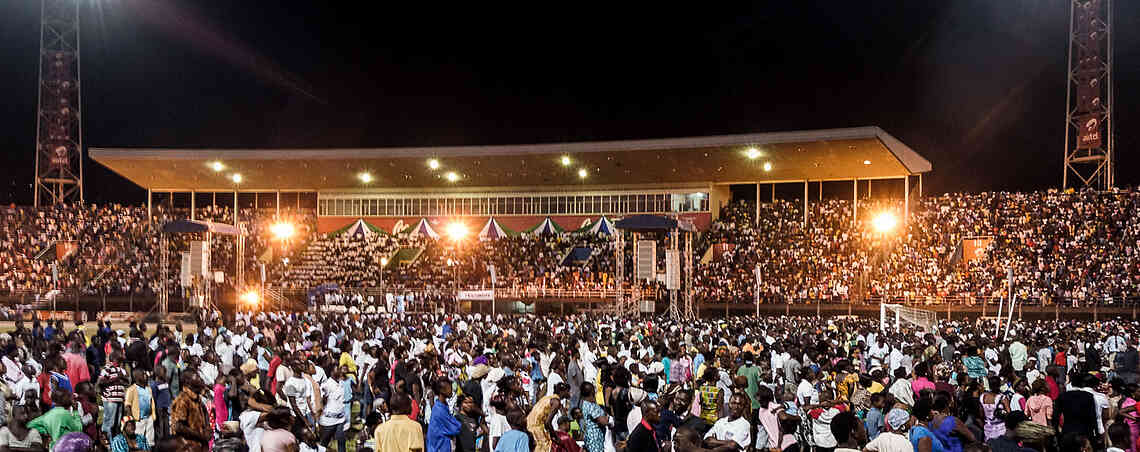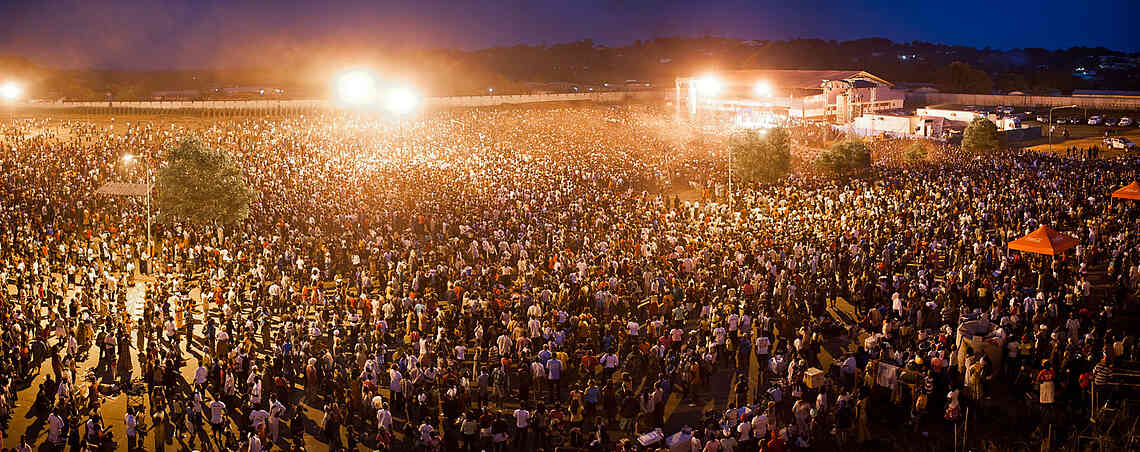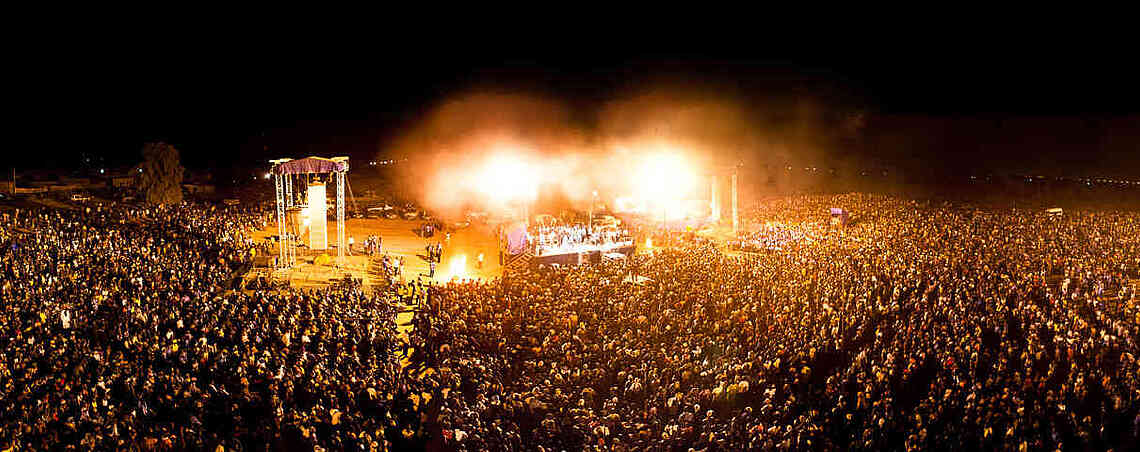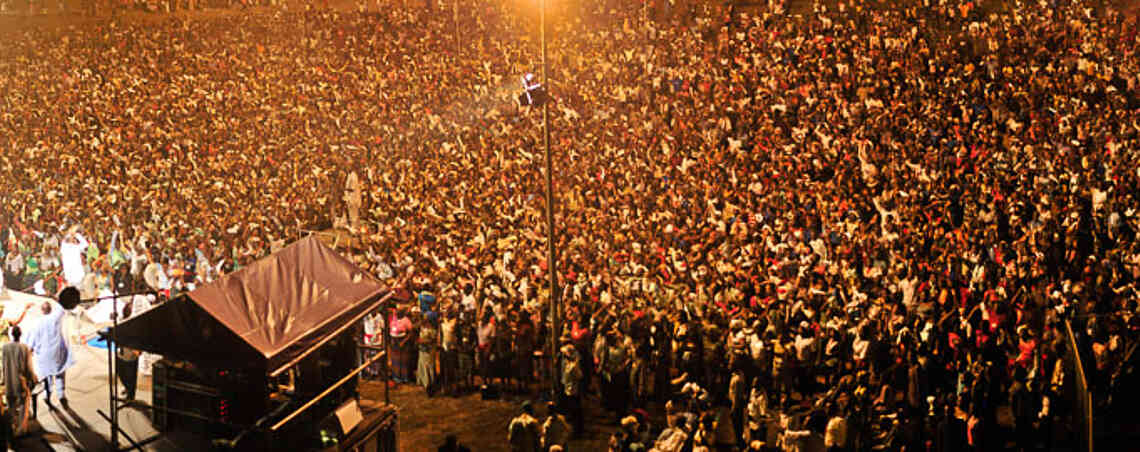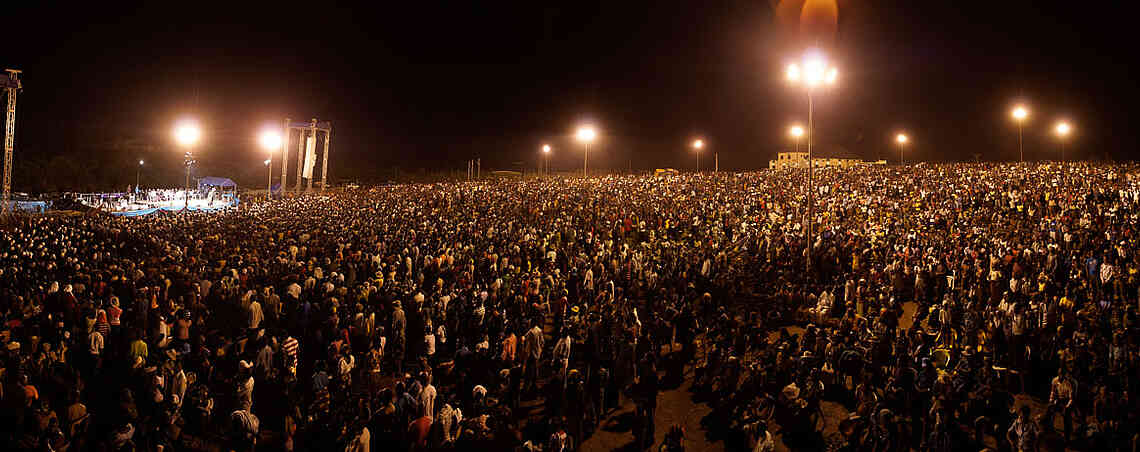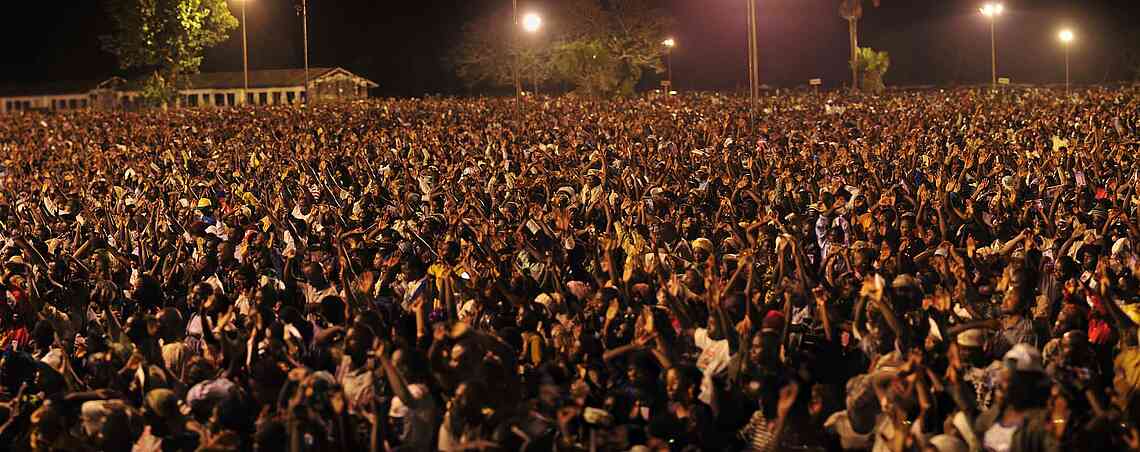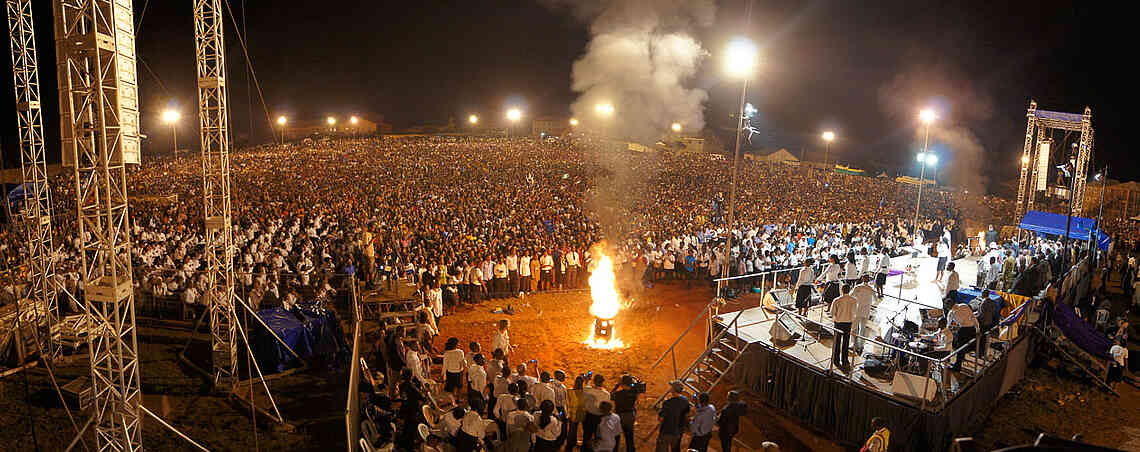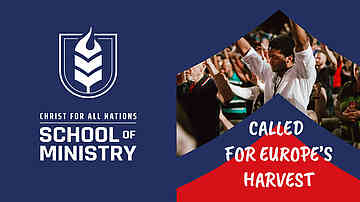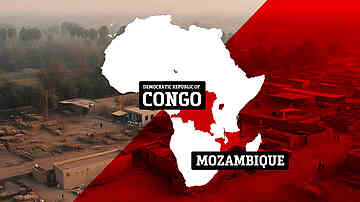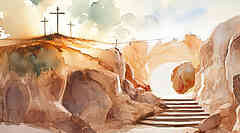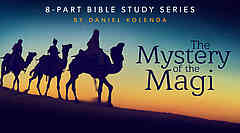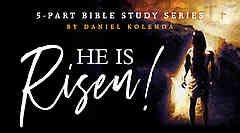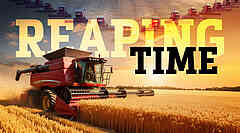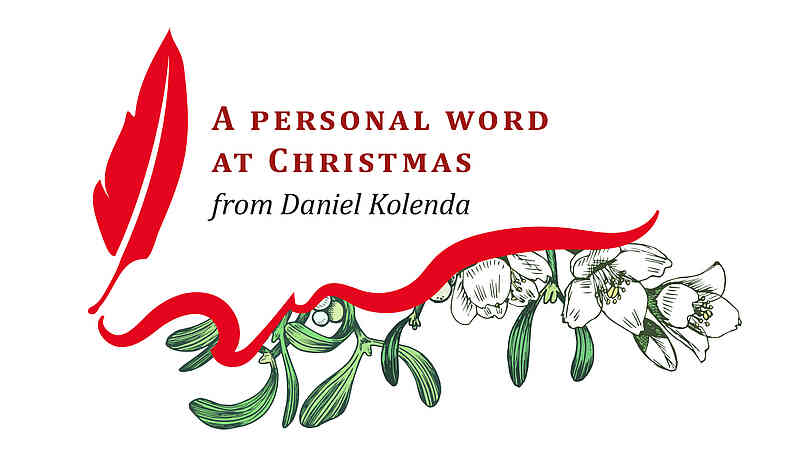
Daniel Kolenda
A personal word at Christmas
Frankly, I love Christmas. Really! I know there are Christians who have theological arguments about it, who criticize the date or even protest against it. But I love Christmas anyway! I love the special family time, I love the togetherness, the feasting, the “family tradition” that we’ve developed, and which is so important to our five children. I love seeing the light in the eyes of the kids when they’re unwrapping presents – and even more, their joy when we as their parents excitedly open the gifts they’ve prepared for us with childlike love. I love that – once a year – even in this busy world of ours, there’s a moment of introspection and reflection, especially for all those who allow themselves that and are ready for it.
When I think of the story of the birth of our Lord Jesus Christ, so well-known and familiar to all of us, there’s something that has always amazed me, and which is – so I believe – of deep and often overlooked meaning.
When eastern astrologers, the wise men, showed up claiming that a star led them to Judea in search of a Child prophesied to be “King of the Jews,” Herod, the king at that time, could not have felt more threatened. He was determined to find and murder this baby. So, he called his own “wise men,” Jewish chief priests and scribes, and learned from them exactly where the Messiah would be born.
Now this is amazing. Herod asked Jewish priests and scribes to find the specific place of Messiah’s birth. Consulting the Hebrew Scriptures, they gave him the precise location. How could they know where their own Messiah had been born and yet seem totally disinterested?
You would think that every single person who heard this news would have immediately set out for Bethlehem. Israel had been waiting for centuries for the promised Messiah Yet no kings, priests, scribes or religious leaders in Israel acknowledged Him. None of them even bothered to seek Him. Doesn’t that strike you as completely bizarre? What was going on in the heads of the leaders of the time?
We shouldn’t forget that these religious leaders were also politicians. Their prosperity and the security of their positions were ensured by the current Roman administration. Herod was their king. As long as he guaranteed their continued prosperity, they wanted no other leader. Messiah meant revolution, disturbing the status quo and endangering their profitable arrangement. No wonder Matthew tells us that, when Herod heard of the Magi’s search for another Jewish king, “He was troubled, and all Jerusalem with him” (Matthew 2:3, my emphasis).
Despite the shameful neglect by the establishment in Jerusalem, God had already set a process in motion to honor the royalty of His Son. And precisely through pagan “wise men,” who worshipped Jesus with precious gifts and acknowledged Him as King.
In telling us this story through the Gospel he wrote, Matthew illustrated a pattern that would repeat throughout the life and ministry of the Messiah. “He came to His own, and His own did not receive Him” (John 1:11). He was without honor in his own country (Luke 4:24). He was the “stone which the builders rejected” (Matthew 21:42, Mark 12:10). He was ultimately spurned and killed by His own people. All of this fulfilled the prophetic Scriptures about the Messiah.
Matthew also expected his readers to catch the striking irony: Gentile astrologers discovered the Jewish King by following a star, but the scholars of Israel failed to discern their King while possessing the Scriptures. Pagan Magi came to worship the Messiah, but Jerusalem royalty sought to kill Him. The contrast was sharp, startling and prophetic.
These Magi were the first Gentiles to worship the Jewish Messiah as King, even when the religious establishment had rejected Him, but they were only the beginning. Later, Gentiles would come to Him by the millions and even billions. That was always God’s intention. Thus, at the end of Matthew’s Gospel, King Jesus commanded His followers to make disciples “of all the nations” (Matthew 28:19).
Then, the last book of the Bible reveals the end result. The legacy that began with a trickle of Magi who came from the East to worship Jesus, eventually culminated in a deluge of multitudes from every nation under heaven.
“After these things I looked, and behold, a great multitude which no one could number, of all nations, tribes, peoples, and tongues, standing before the throne and before the Lamb, clothed with white robes, with palm branches in their hands, and crying out with a loud voice, saying, ‘Salvation belongs to our God who sits on the throne, and to the Lamb!’”
Revelation 7:9, 10
The Christmas message declares that the Jewish Messiah is the Lord of all nations. God has provided the way to save all who believe. One day, people from every tribe, kindred, and tongue will gather as one family to confess that Jesus Christ is Lord, to the glory of God the Father.
Isn’t that wonderful? And for this reason, Christmas is just the most beautiful time of the year for me.
Together with you in Jesus,
Evangelist Daniel Kolenda
and the entire CfaN team
P.S. I wish you a richly blessed season and an intensely deep touch of God on your life in this Christmas time. I pray that you will be refreshed, blessed and gifted with new vision for the start of 2019.


